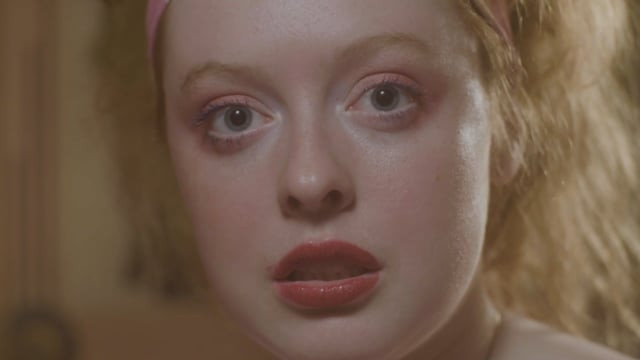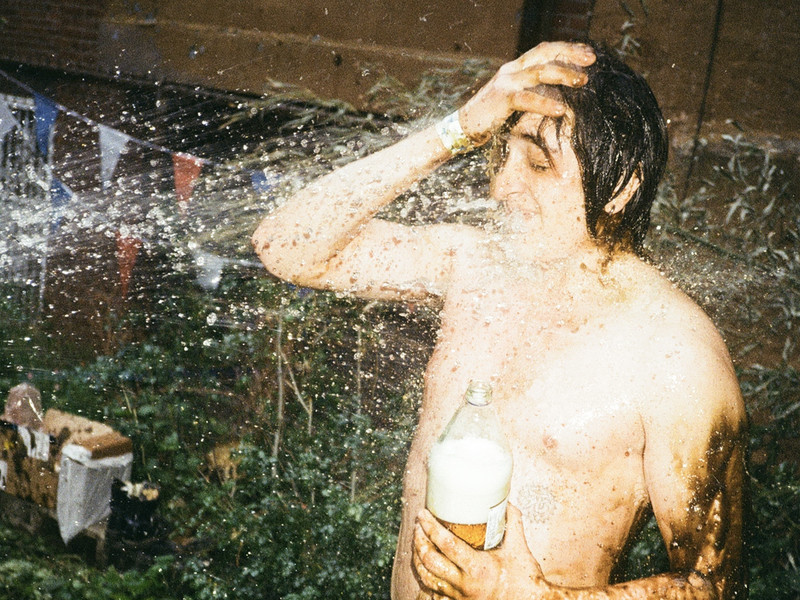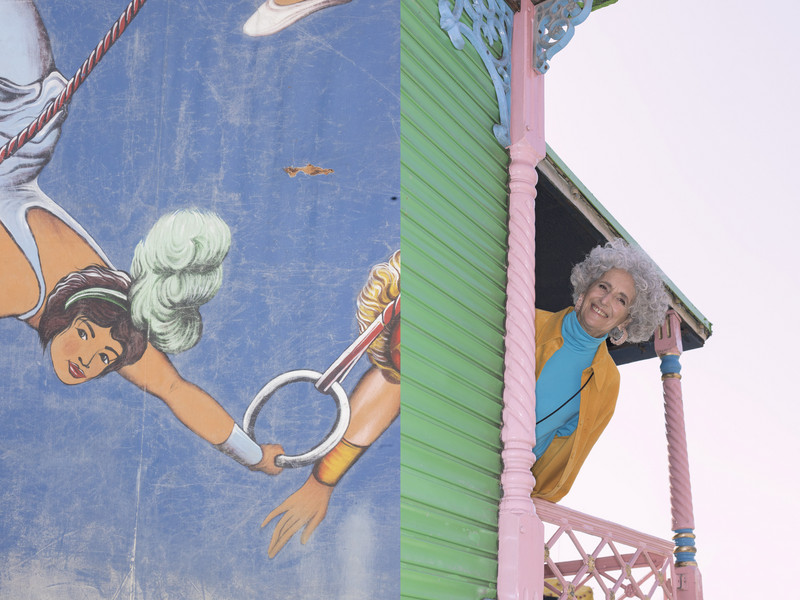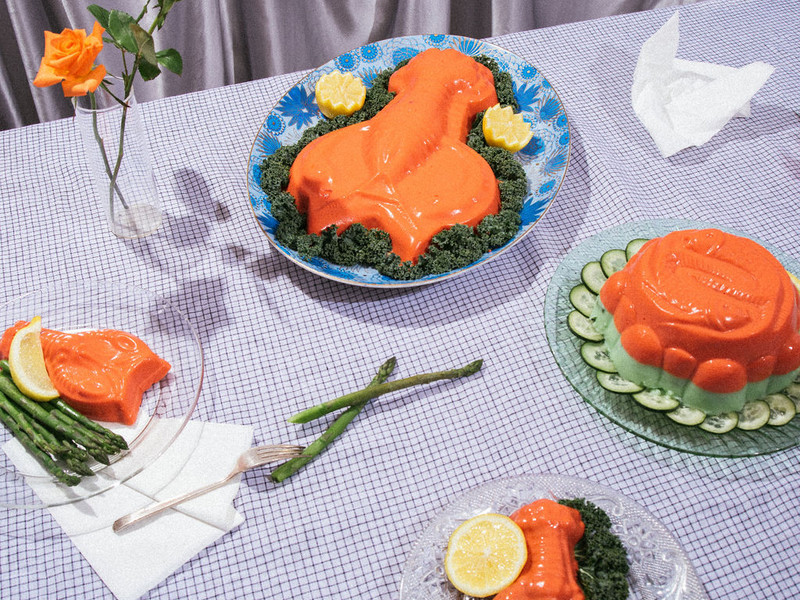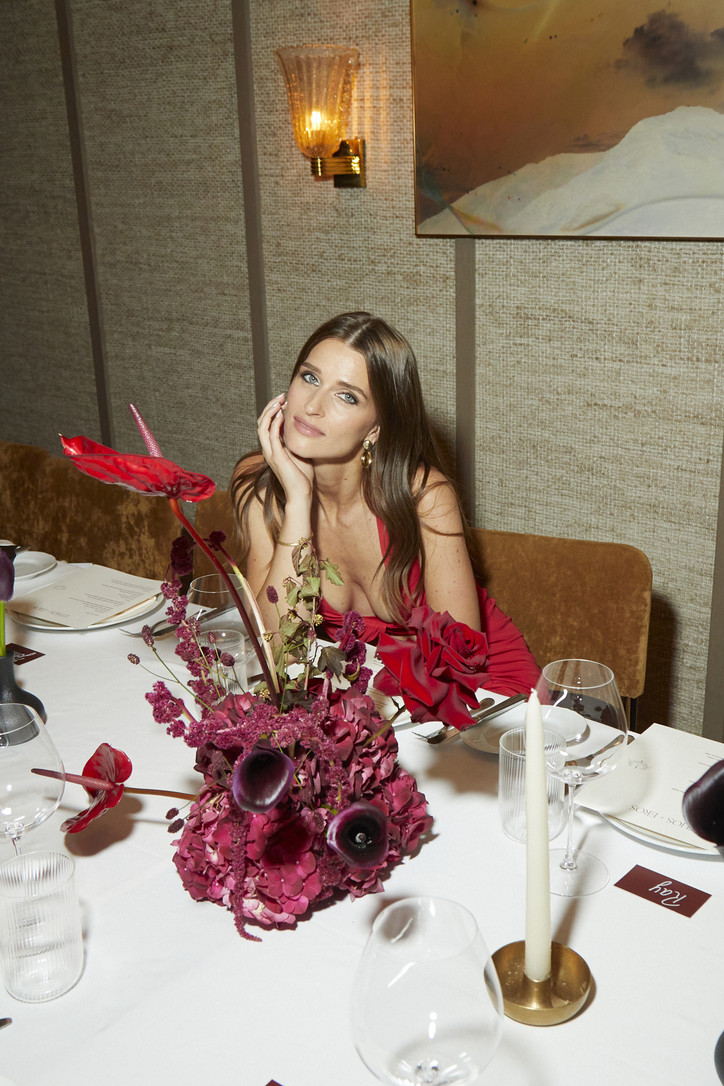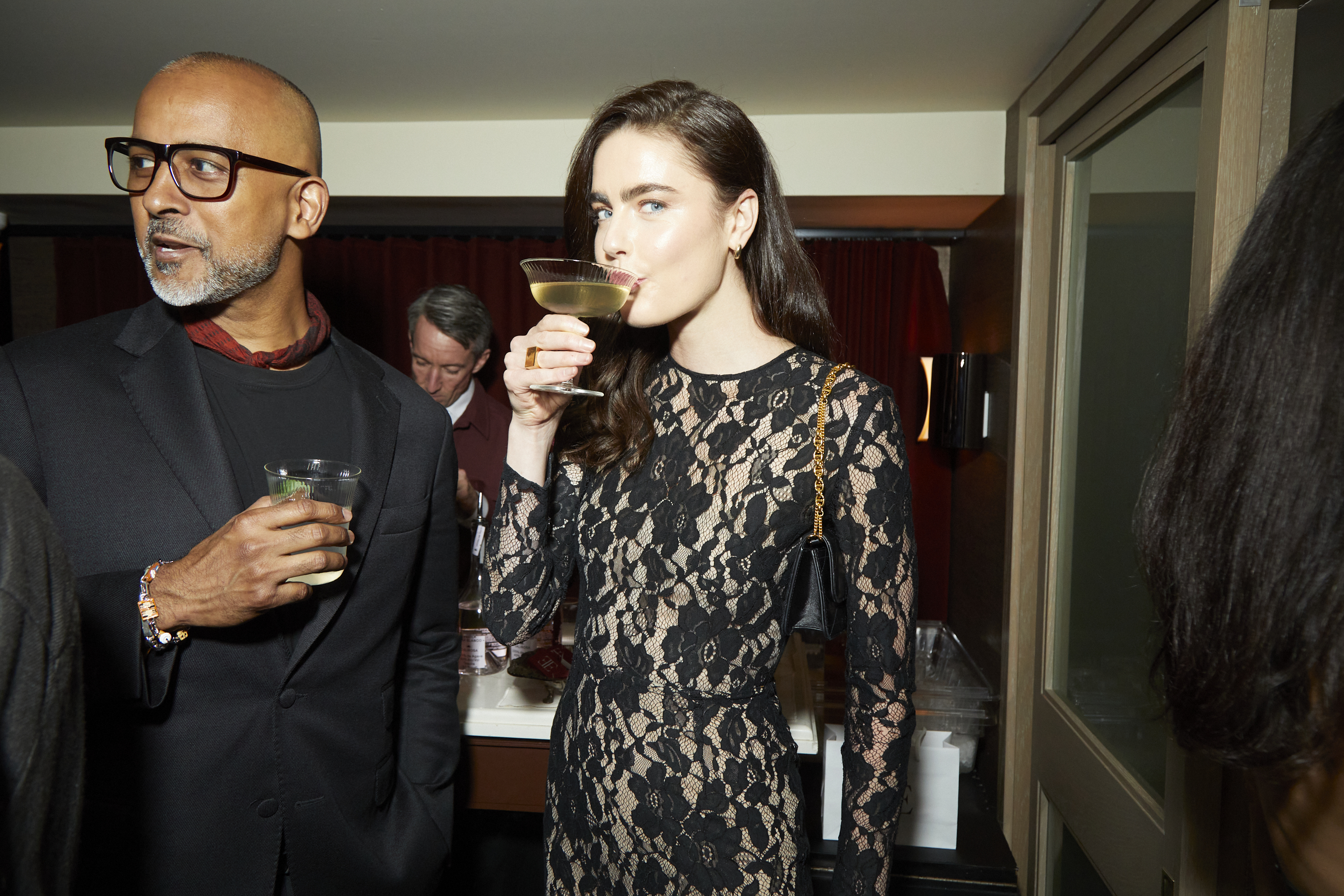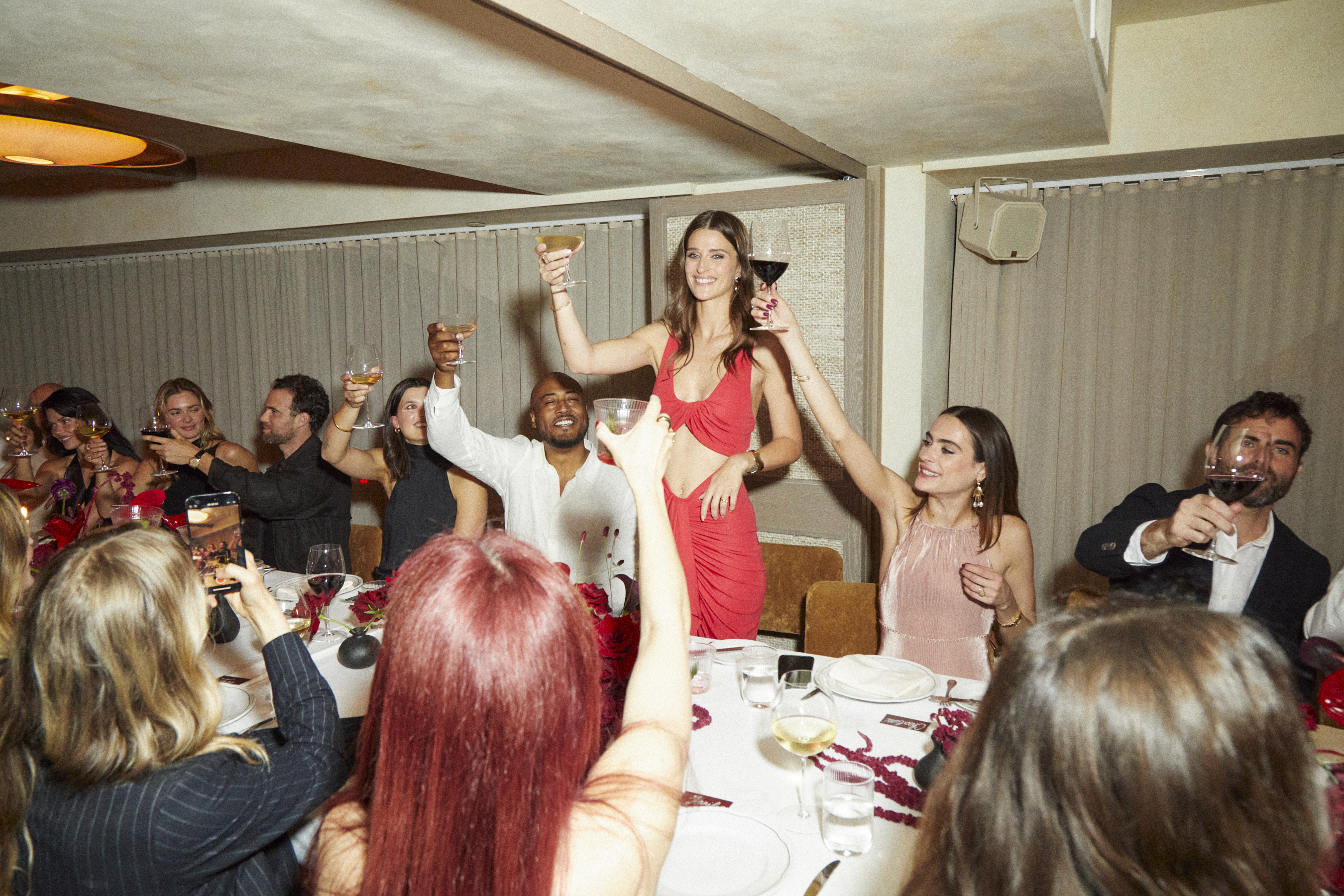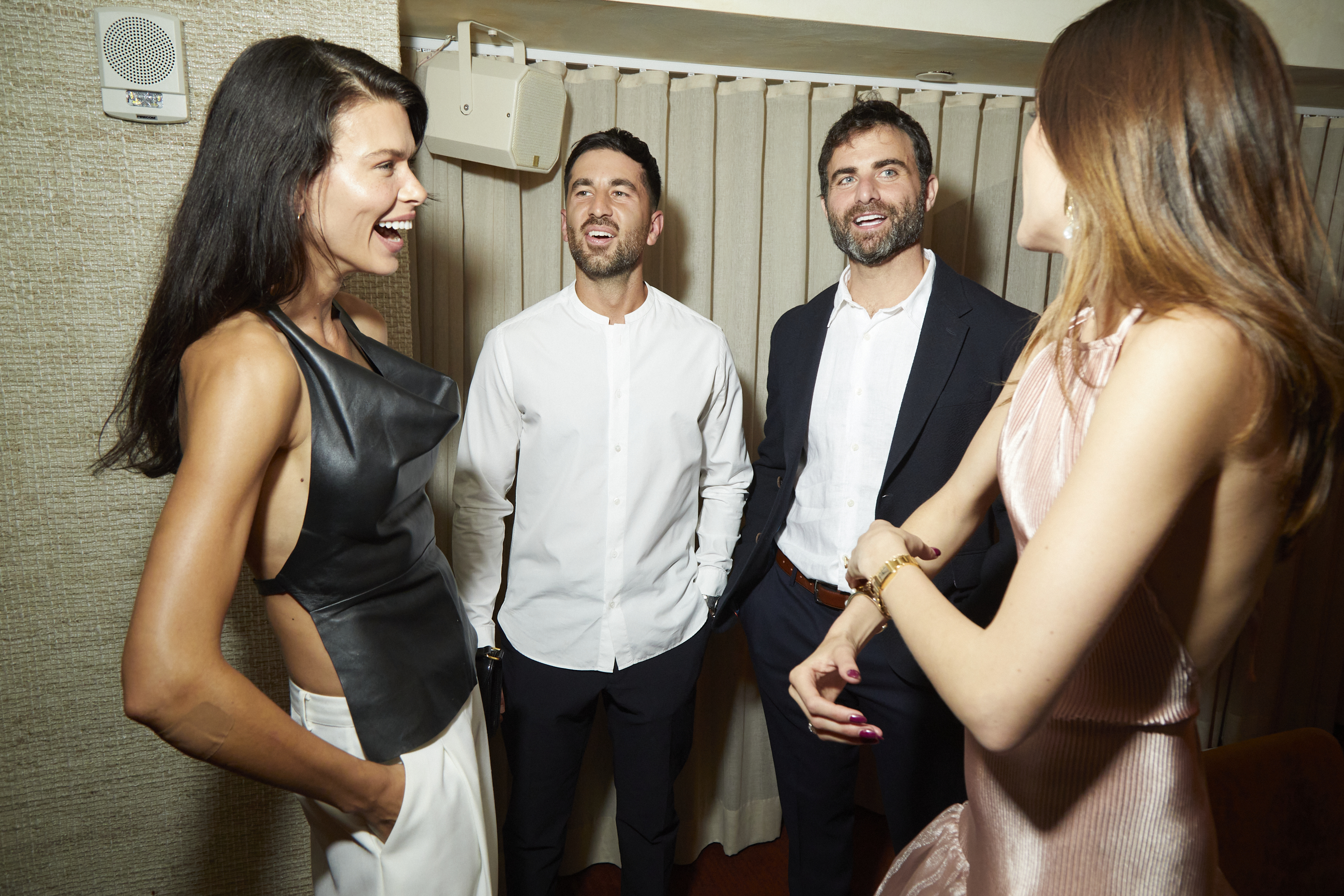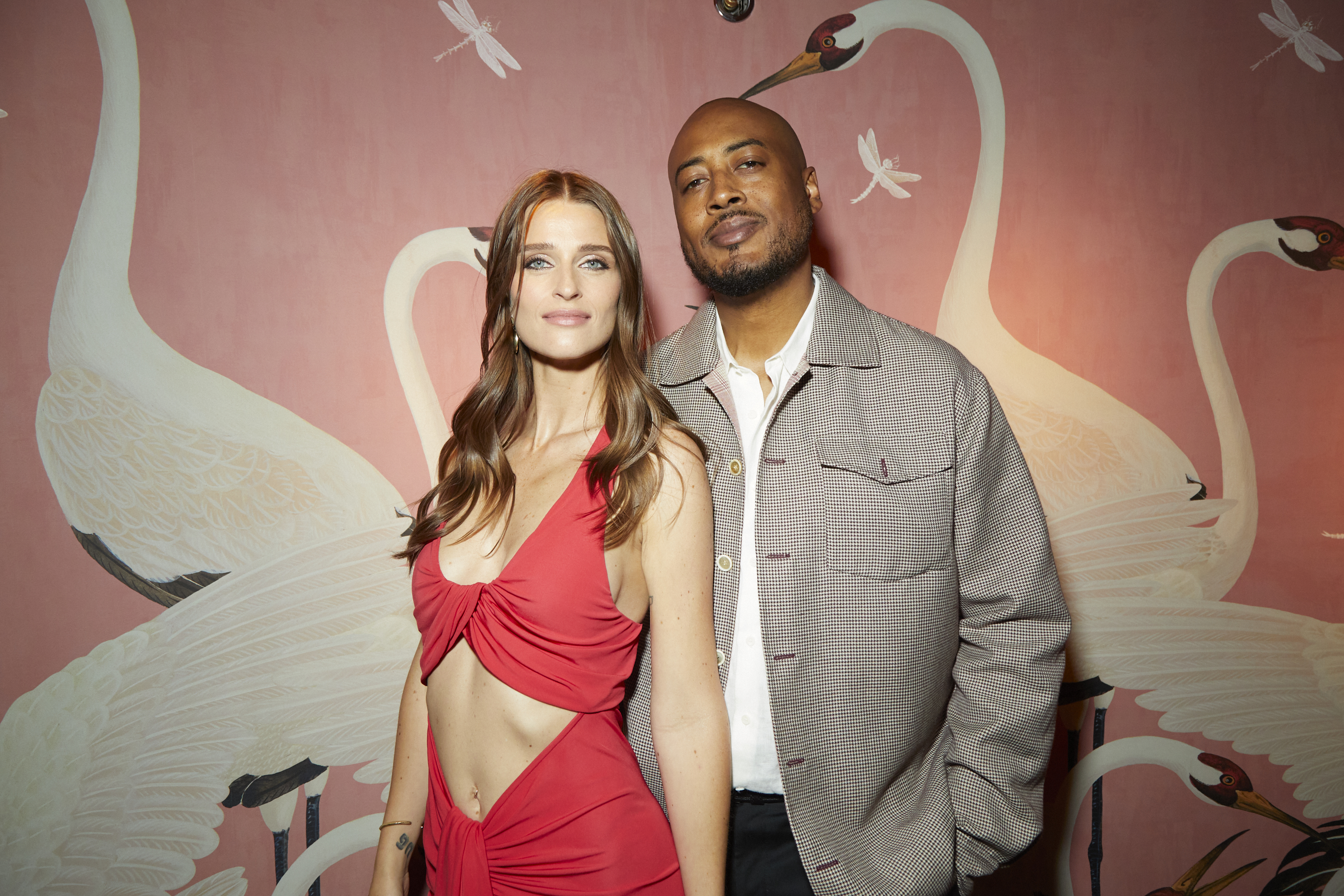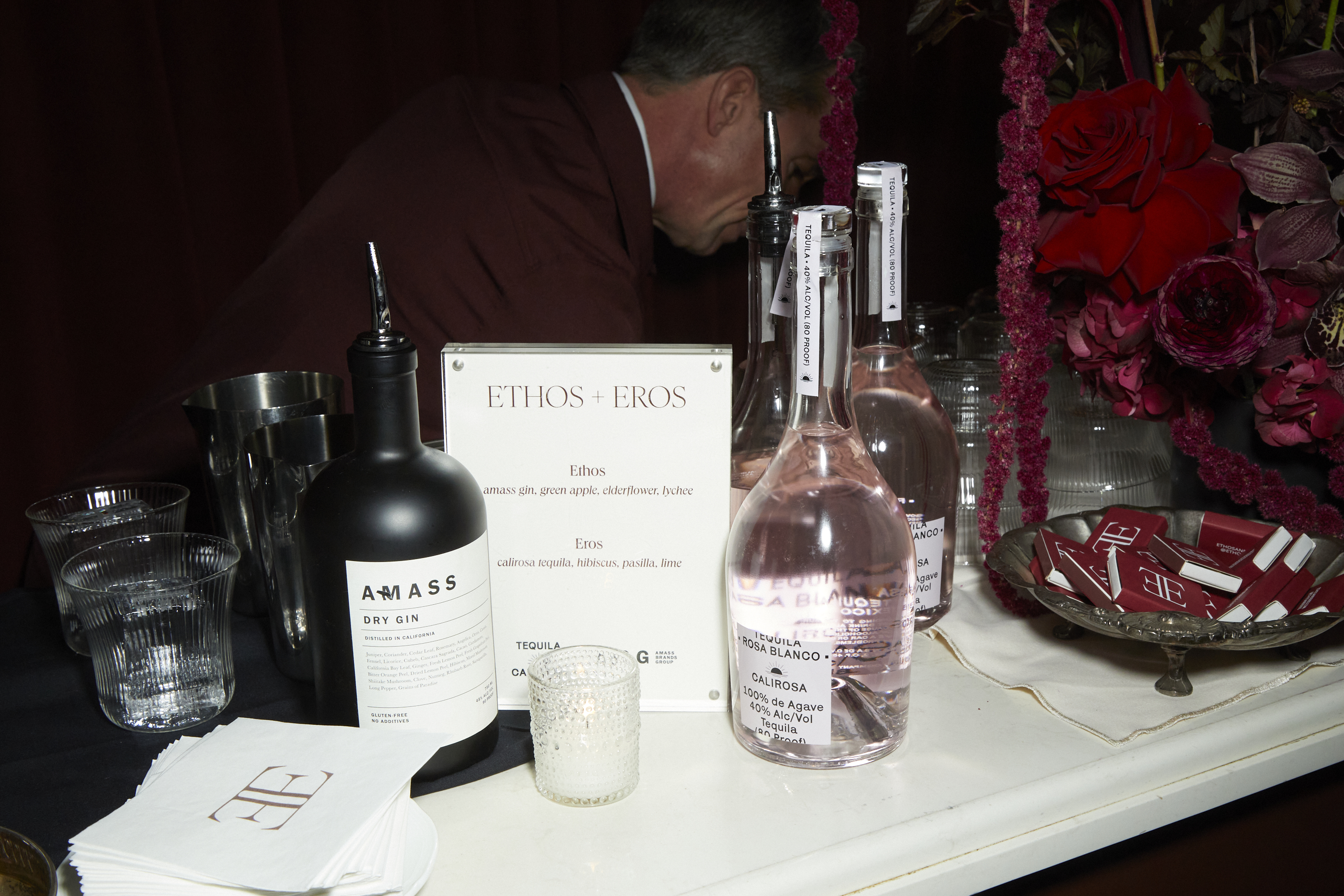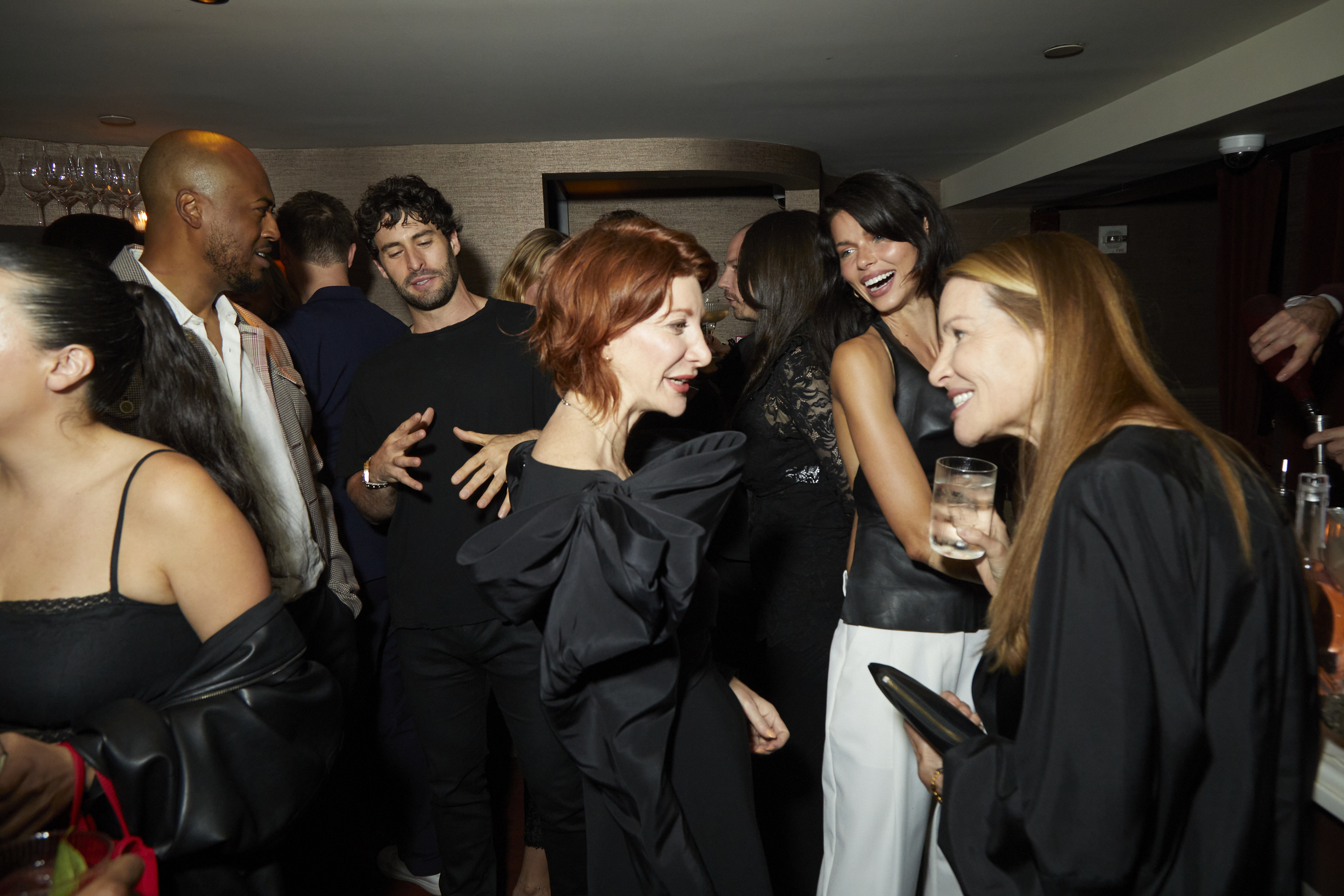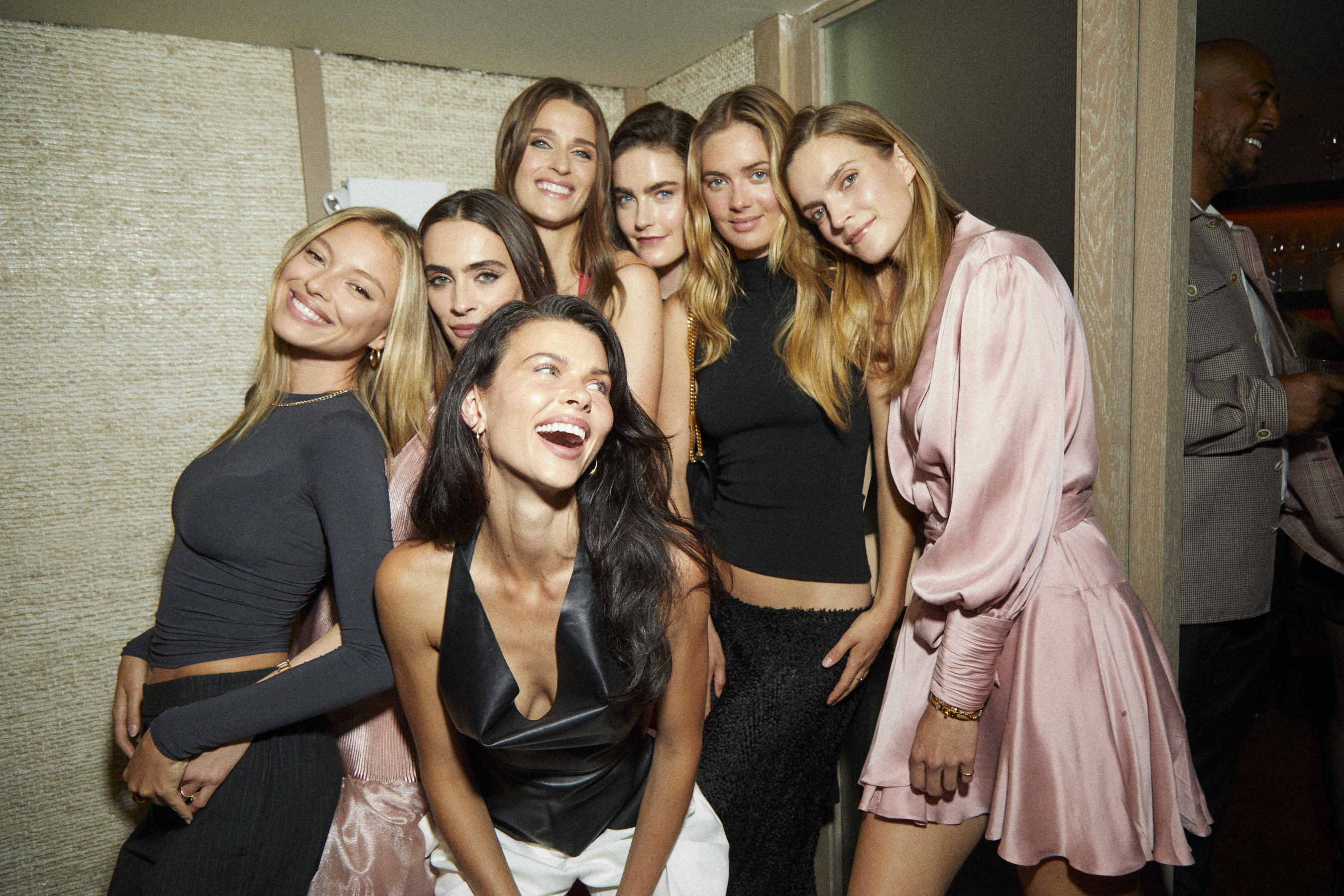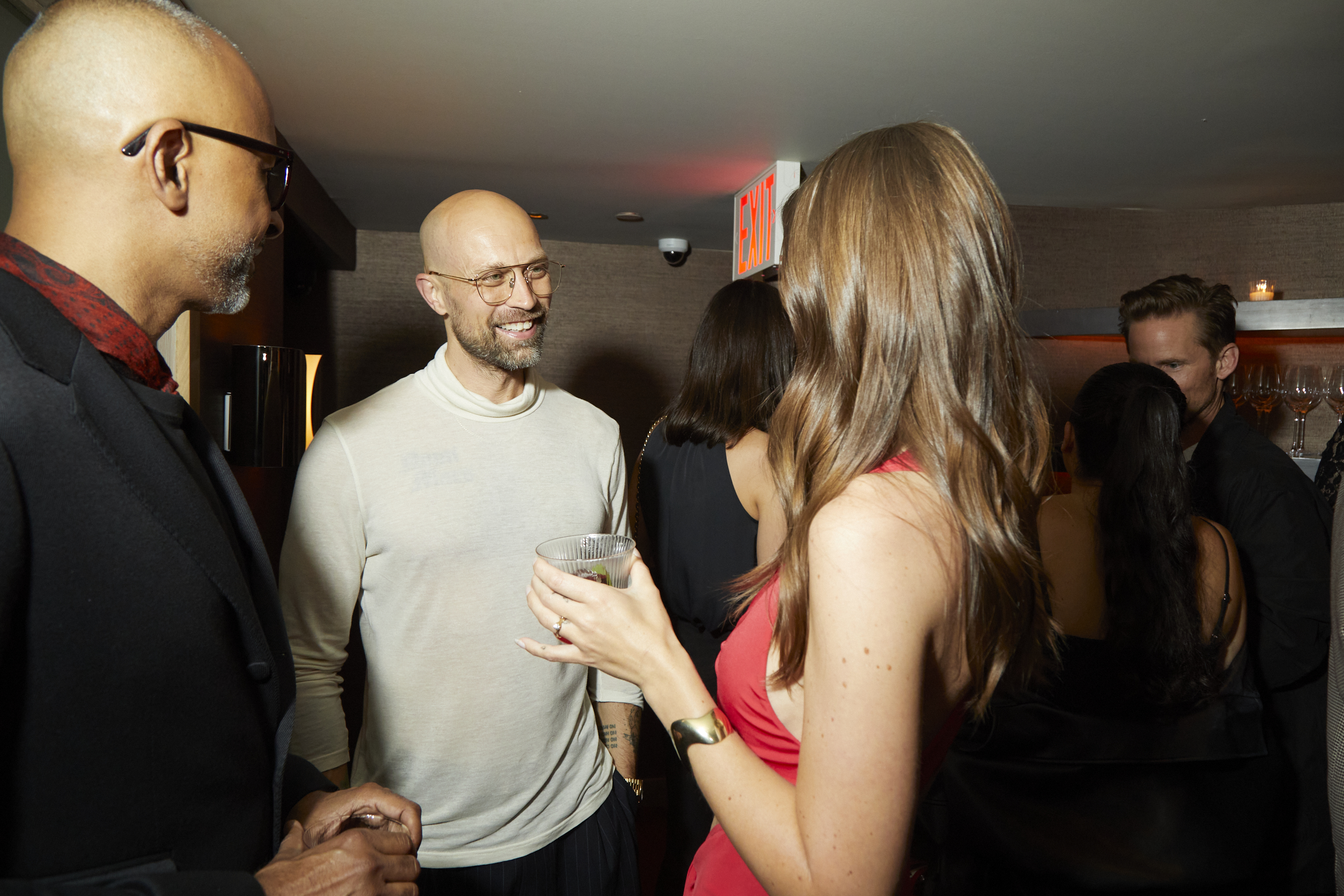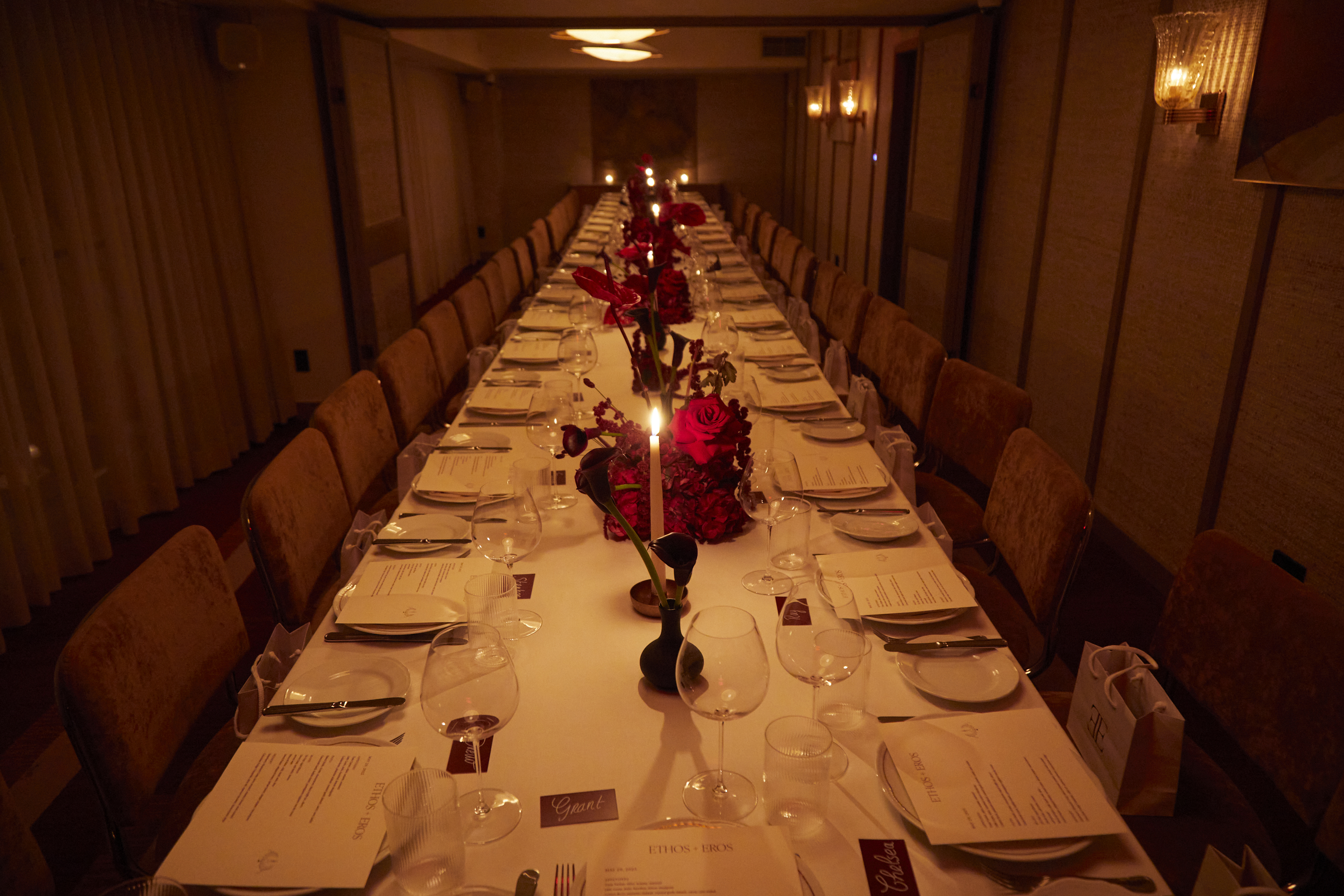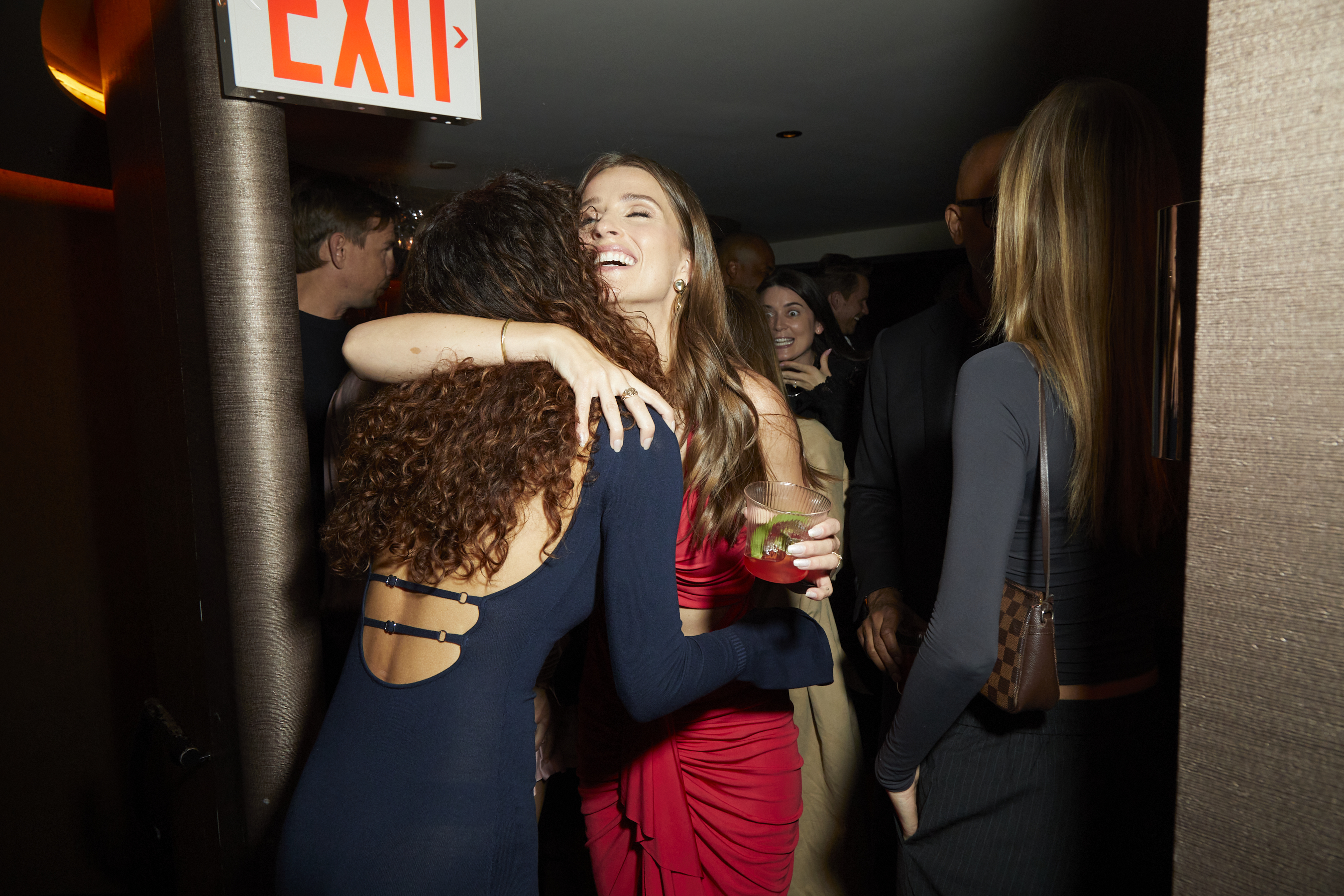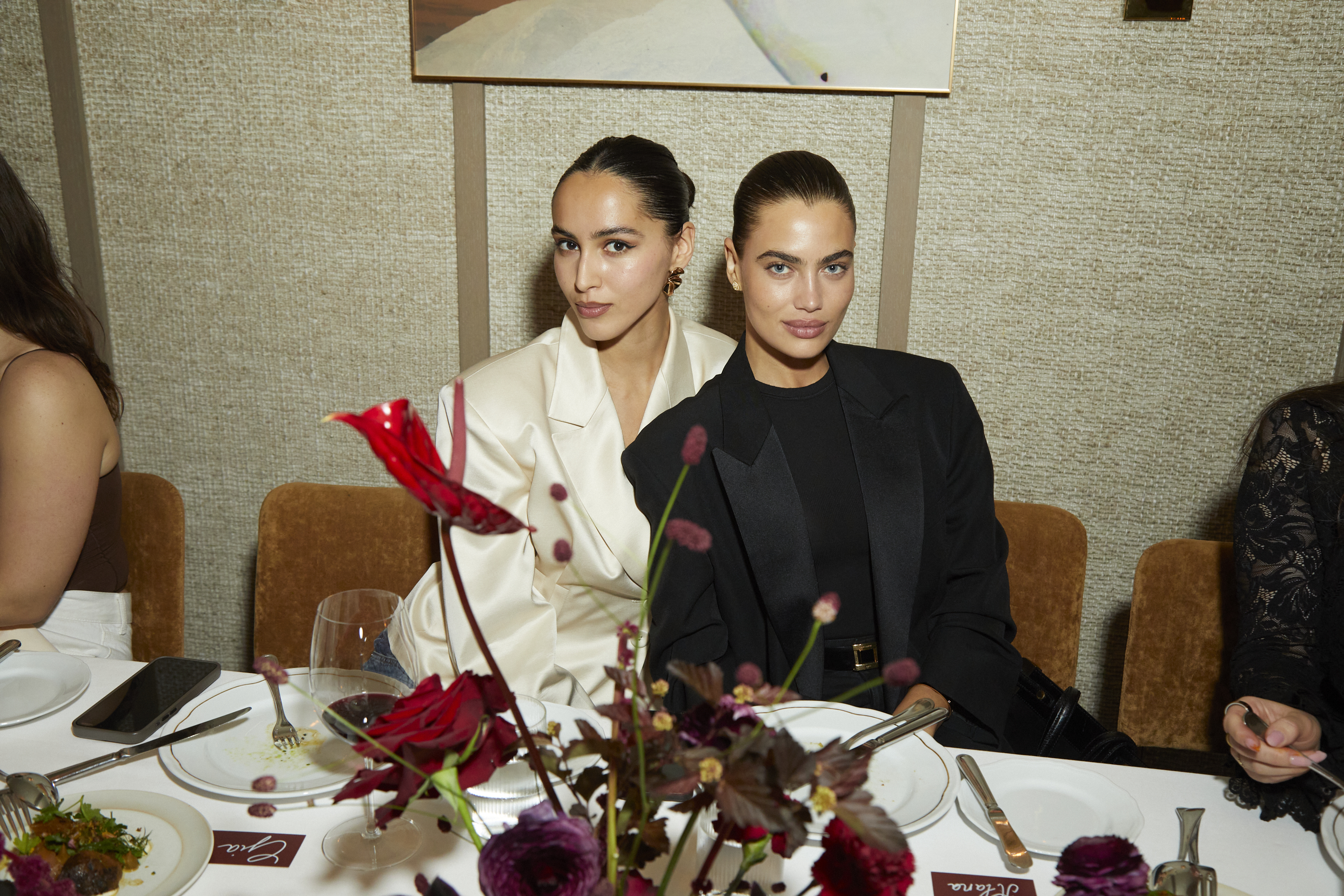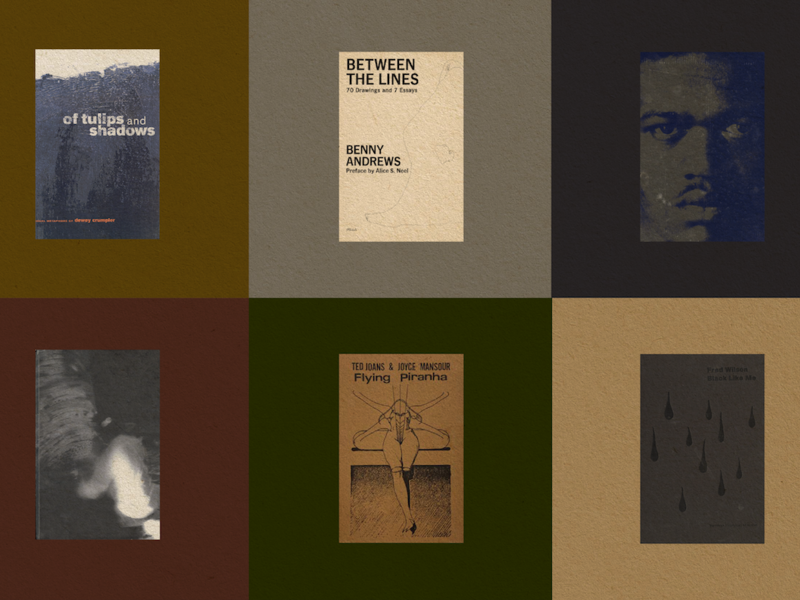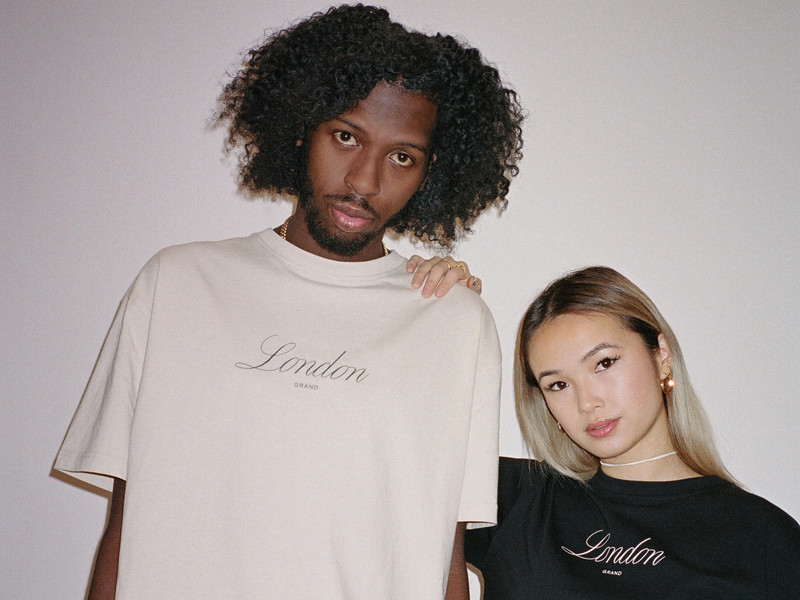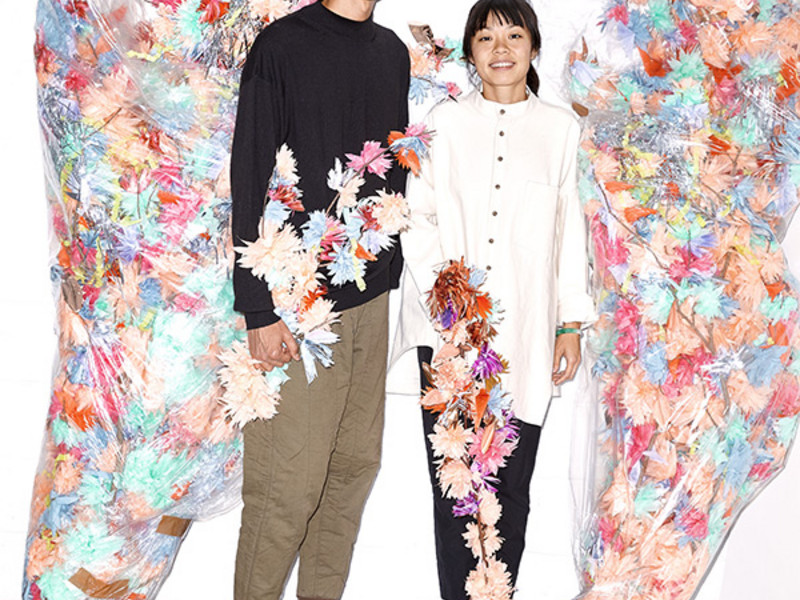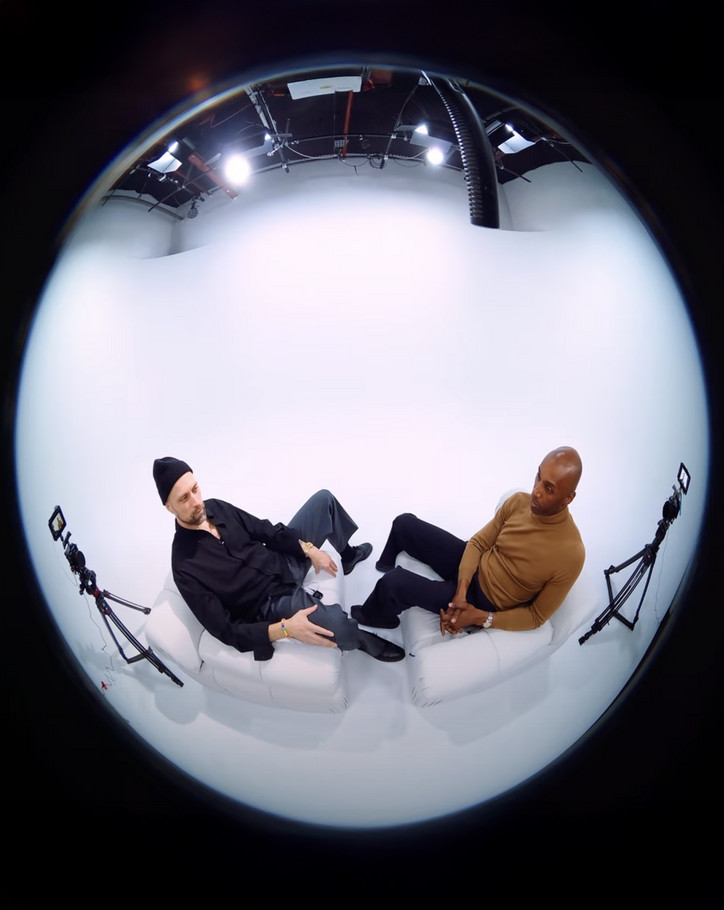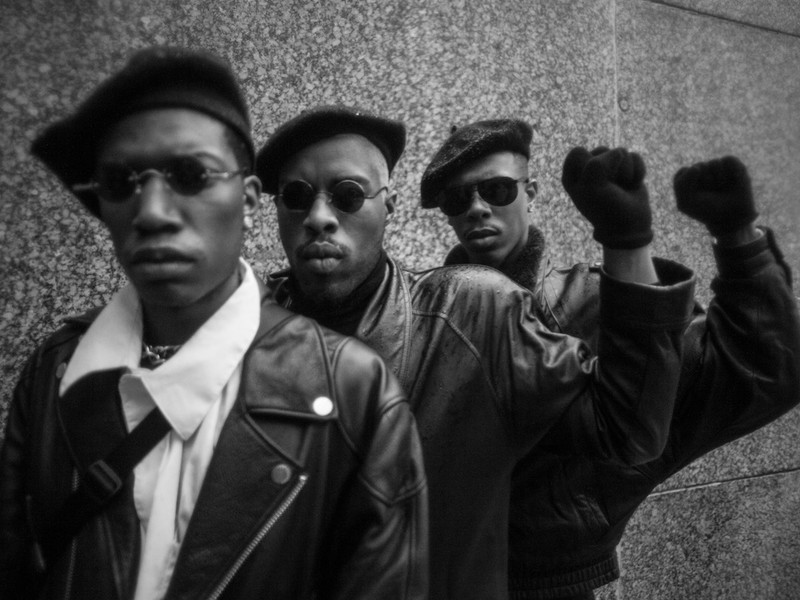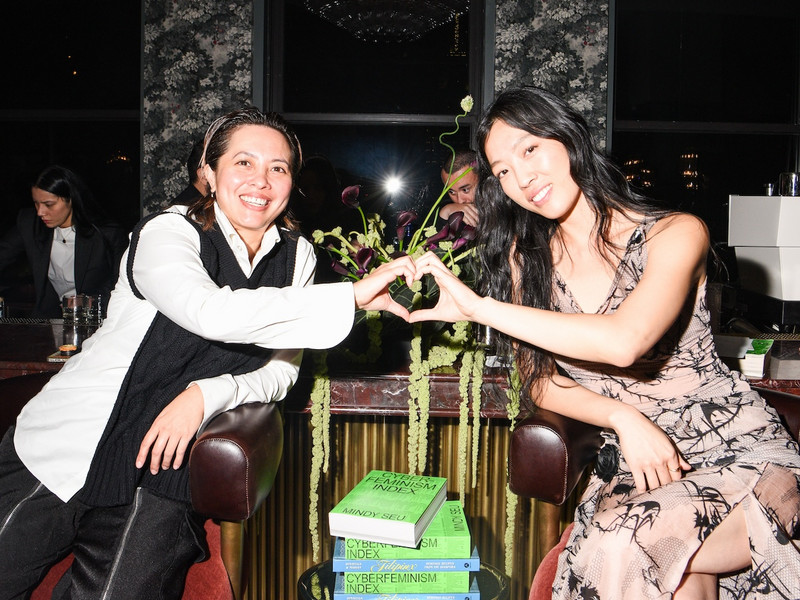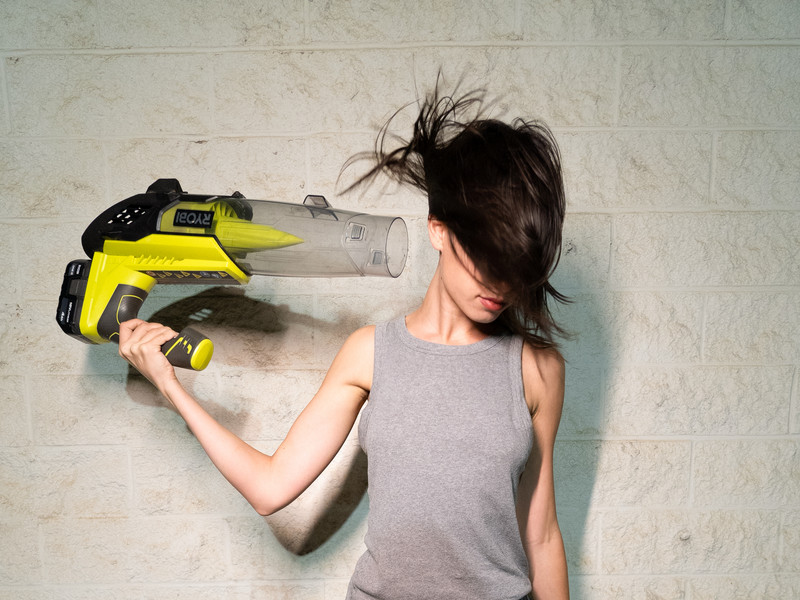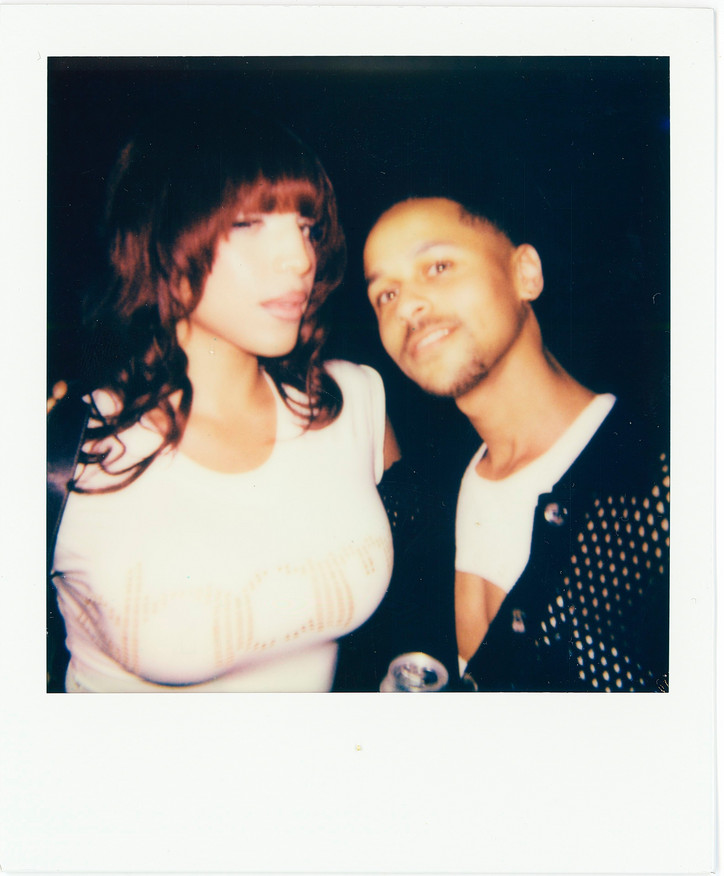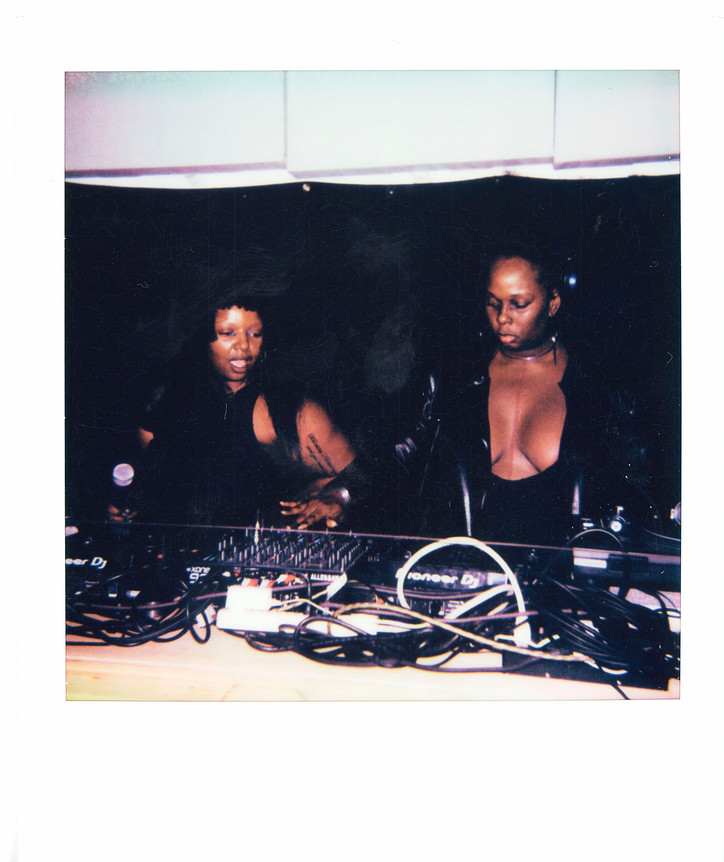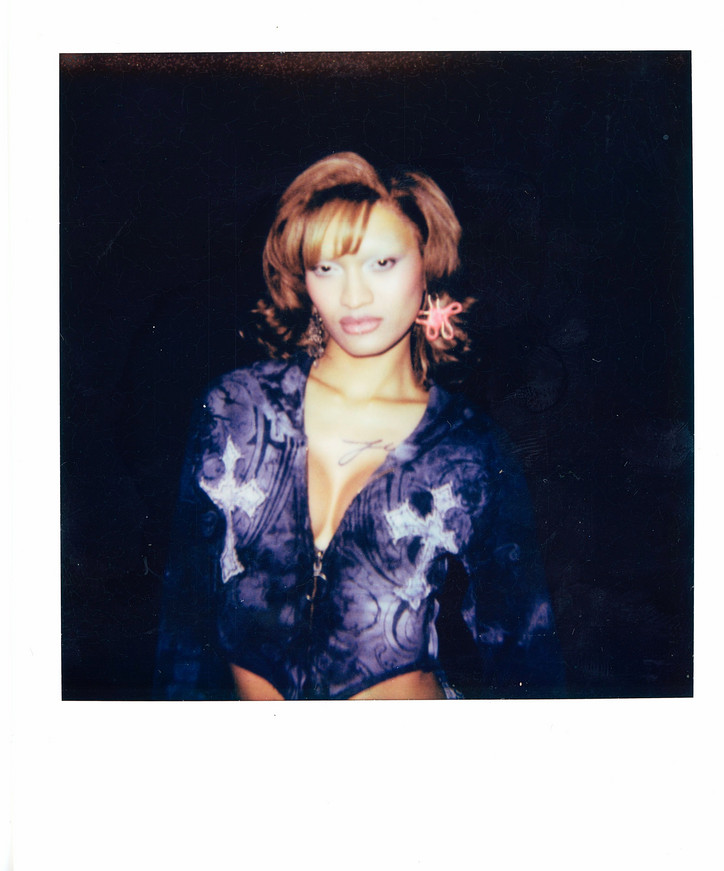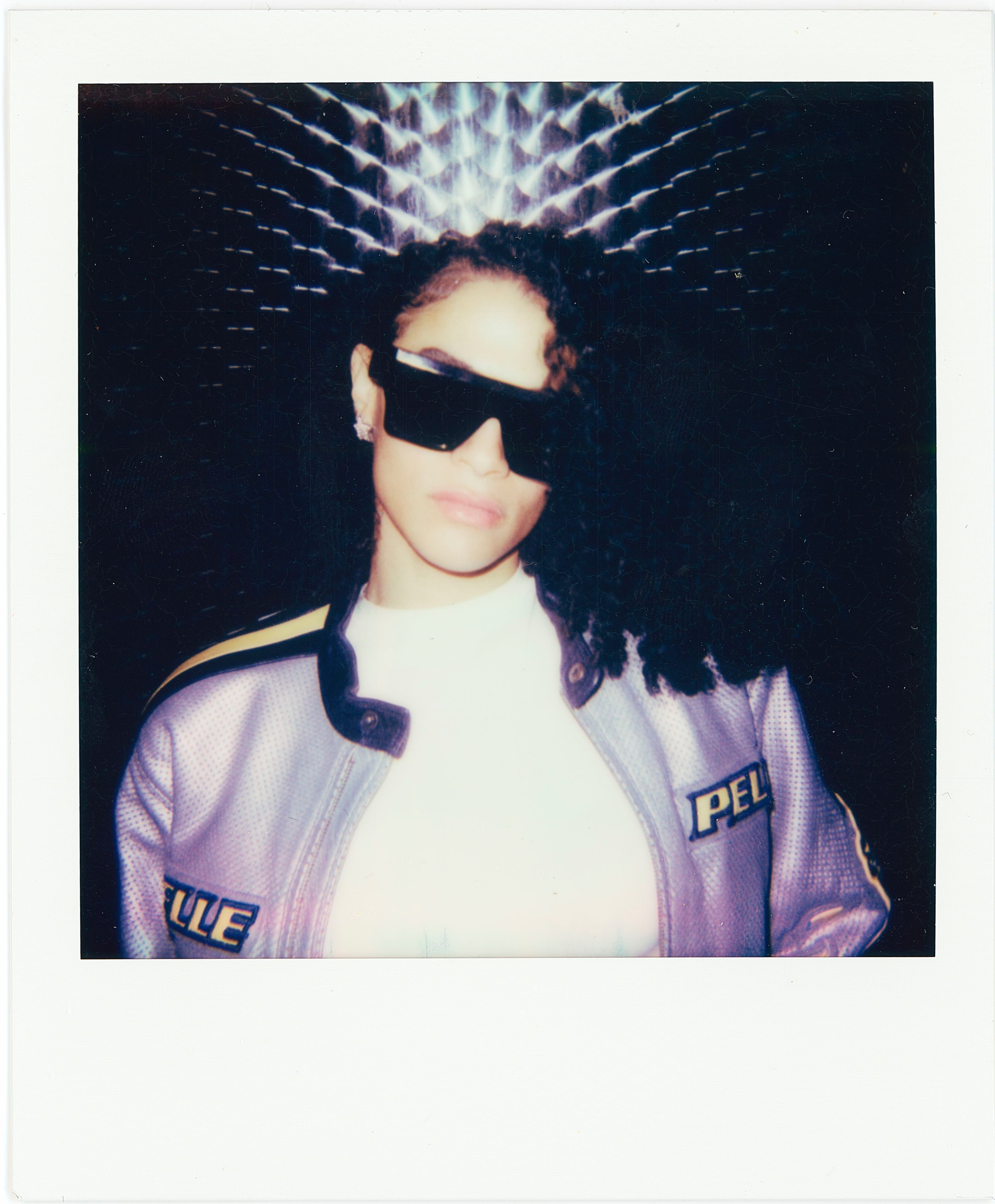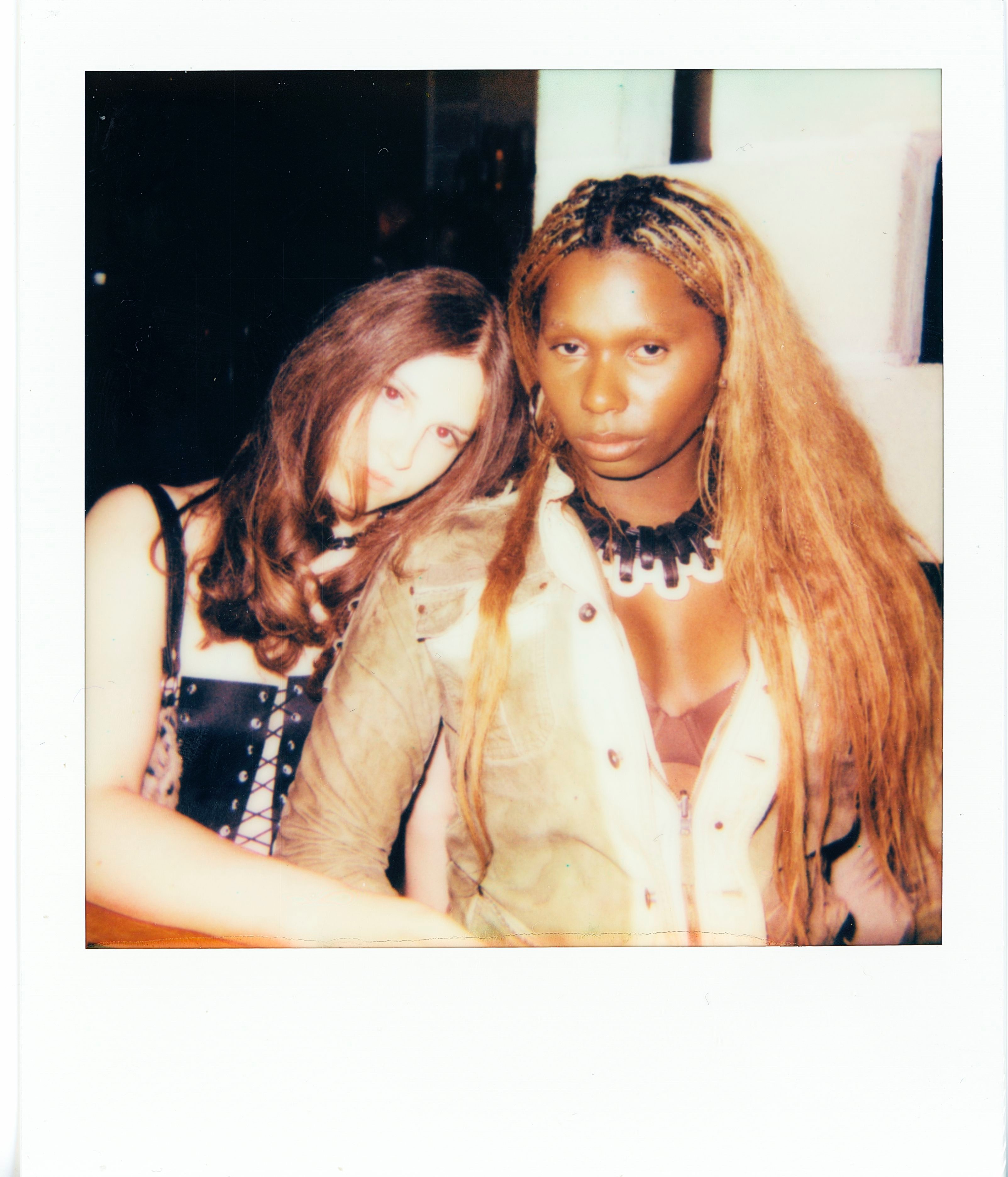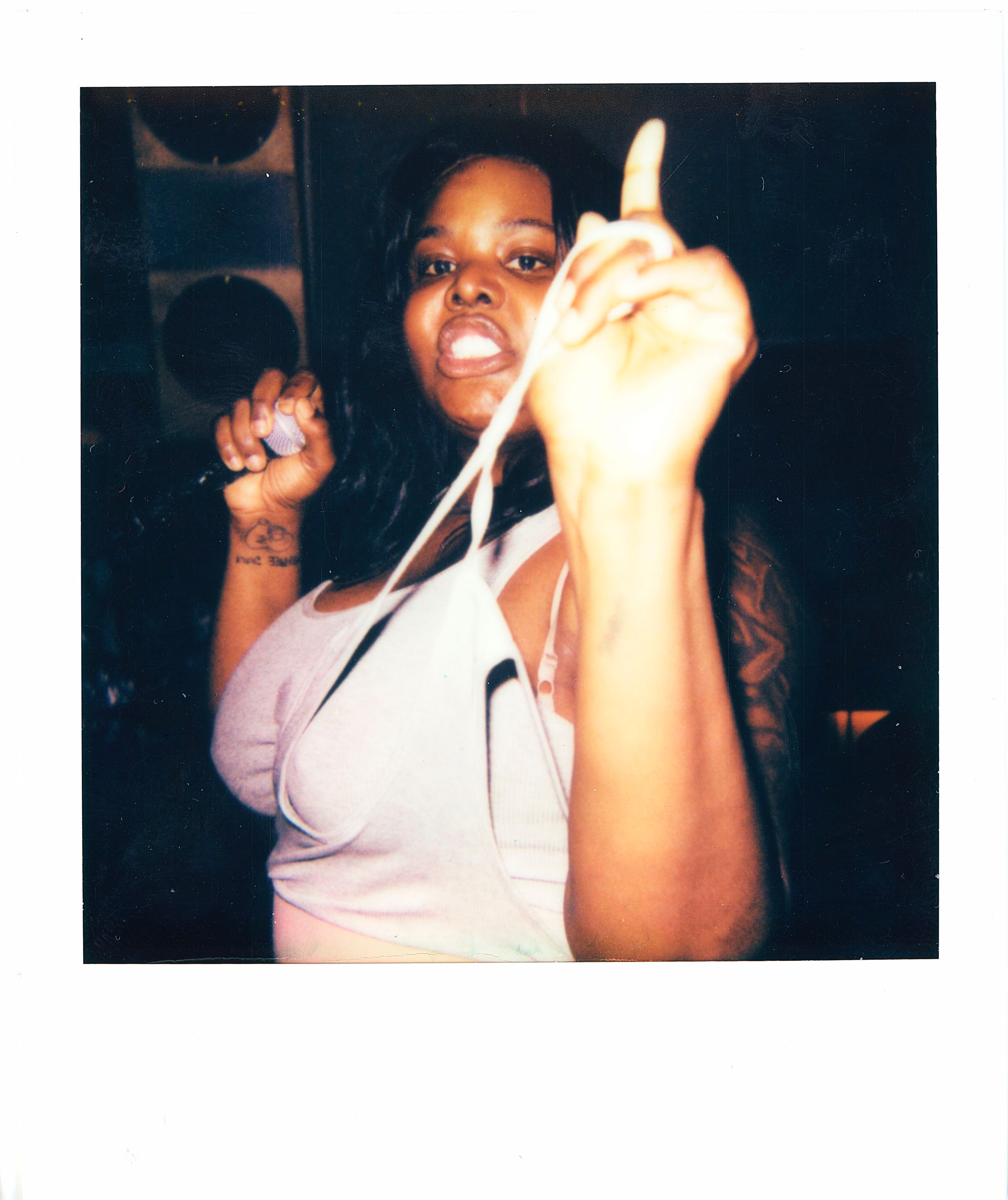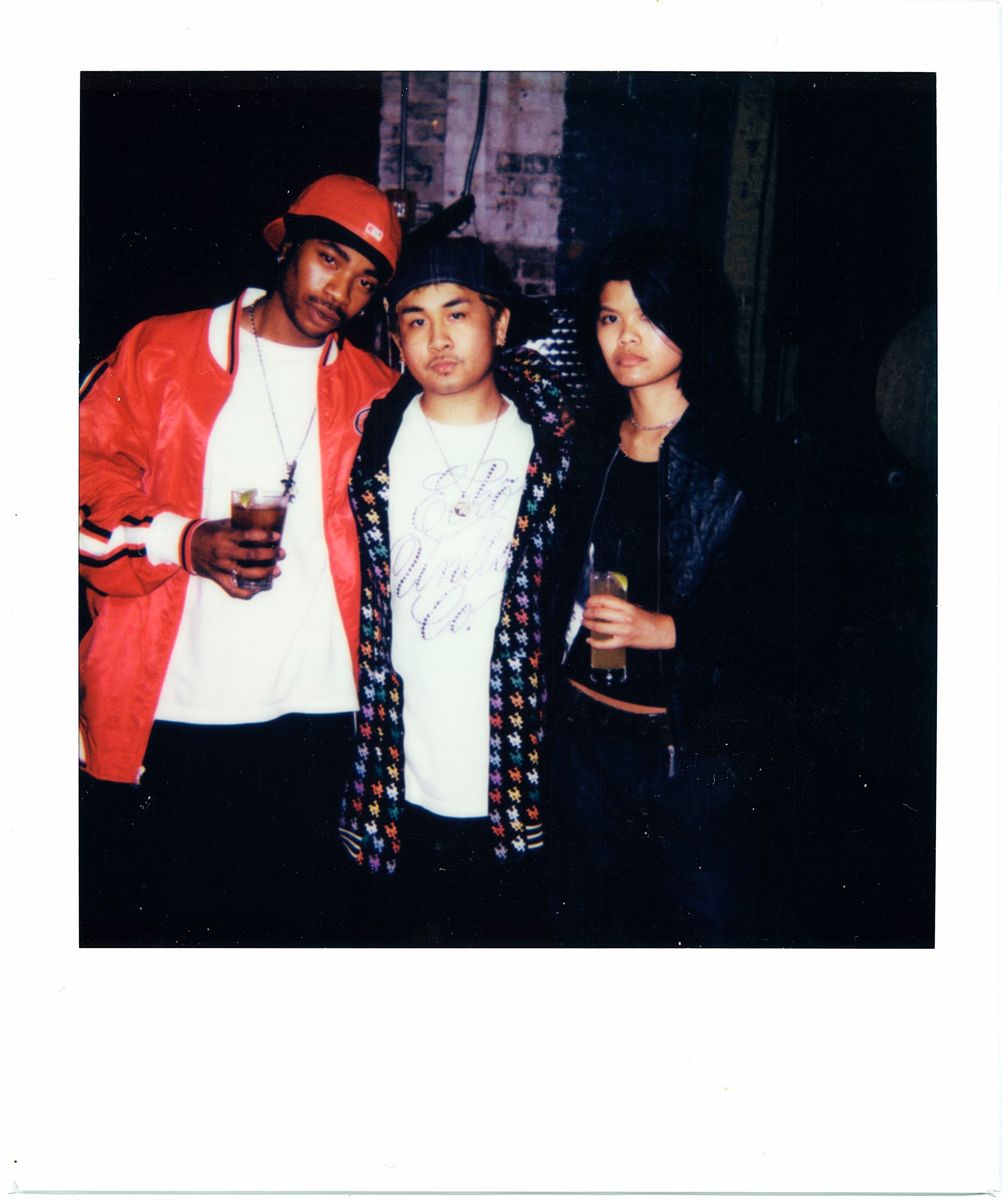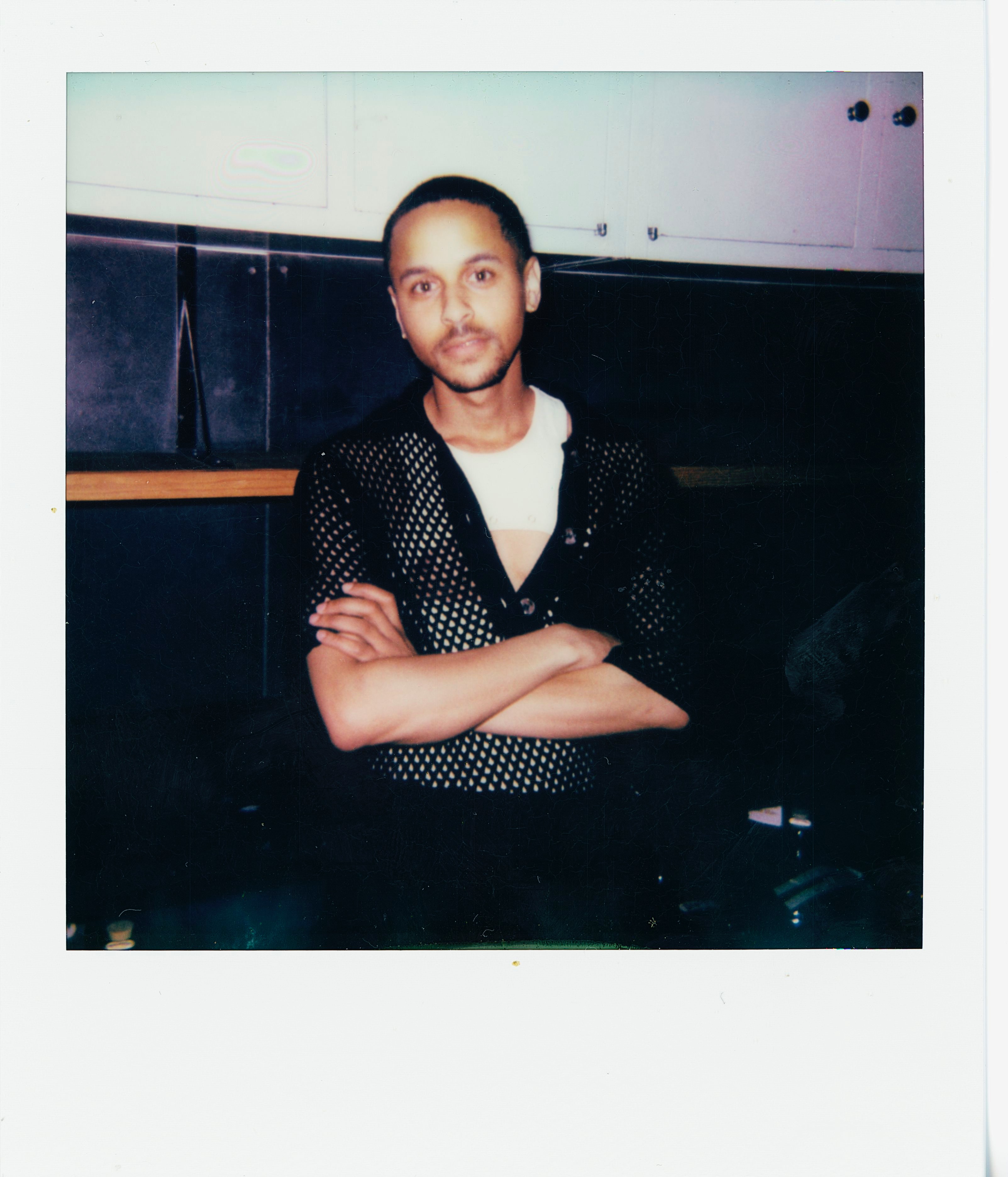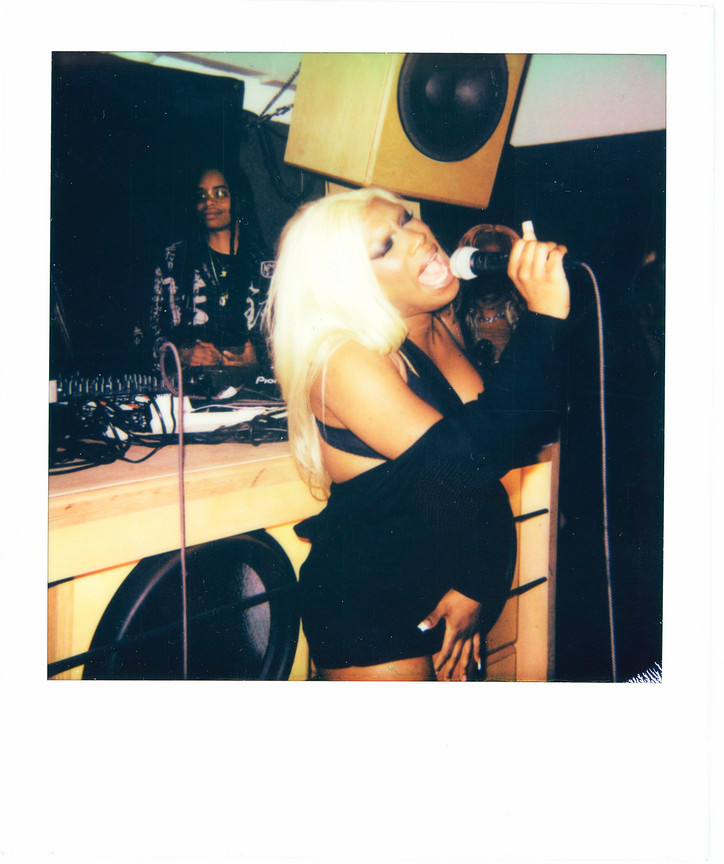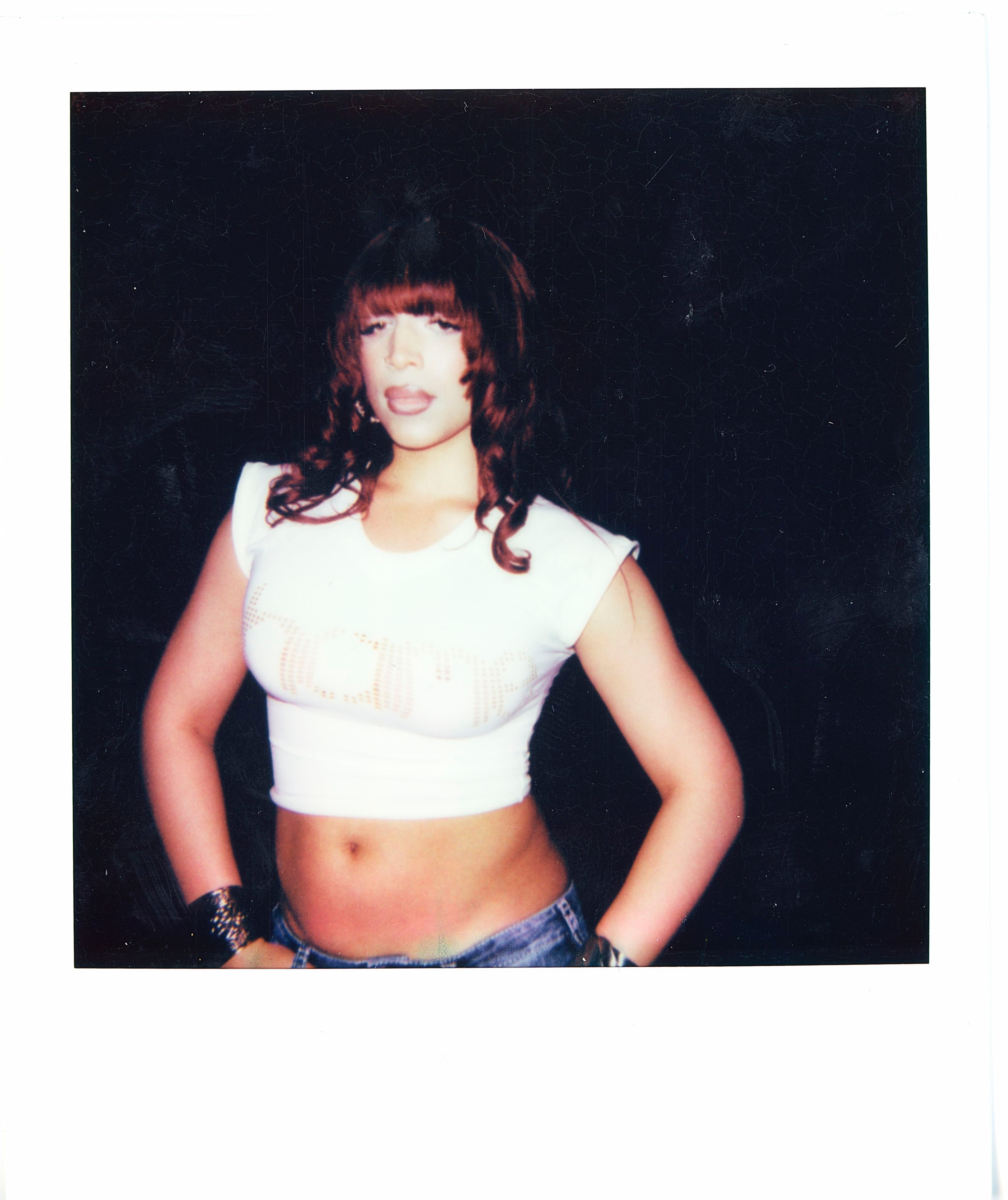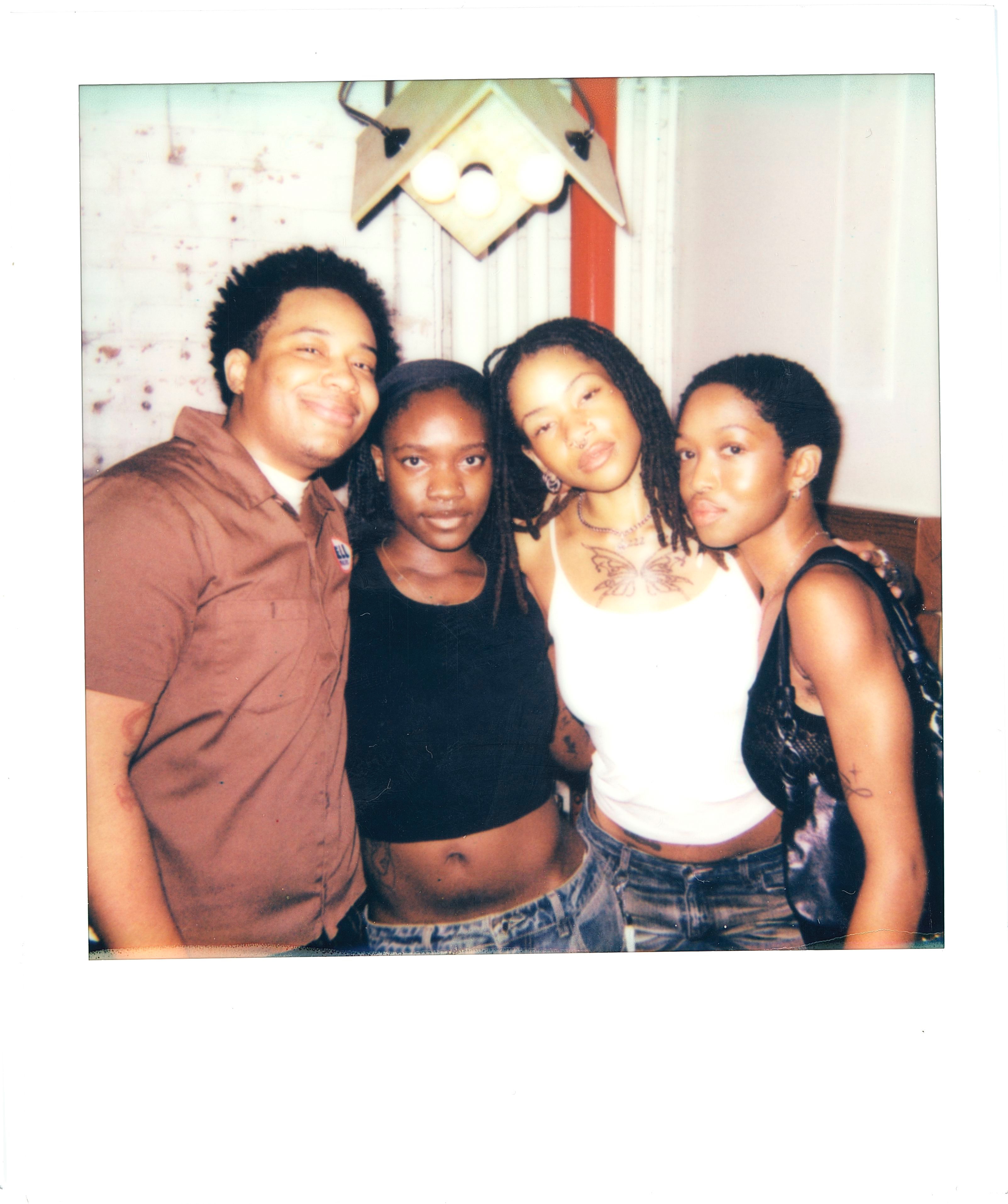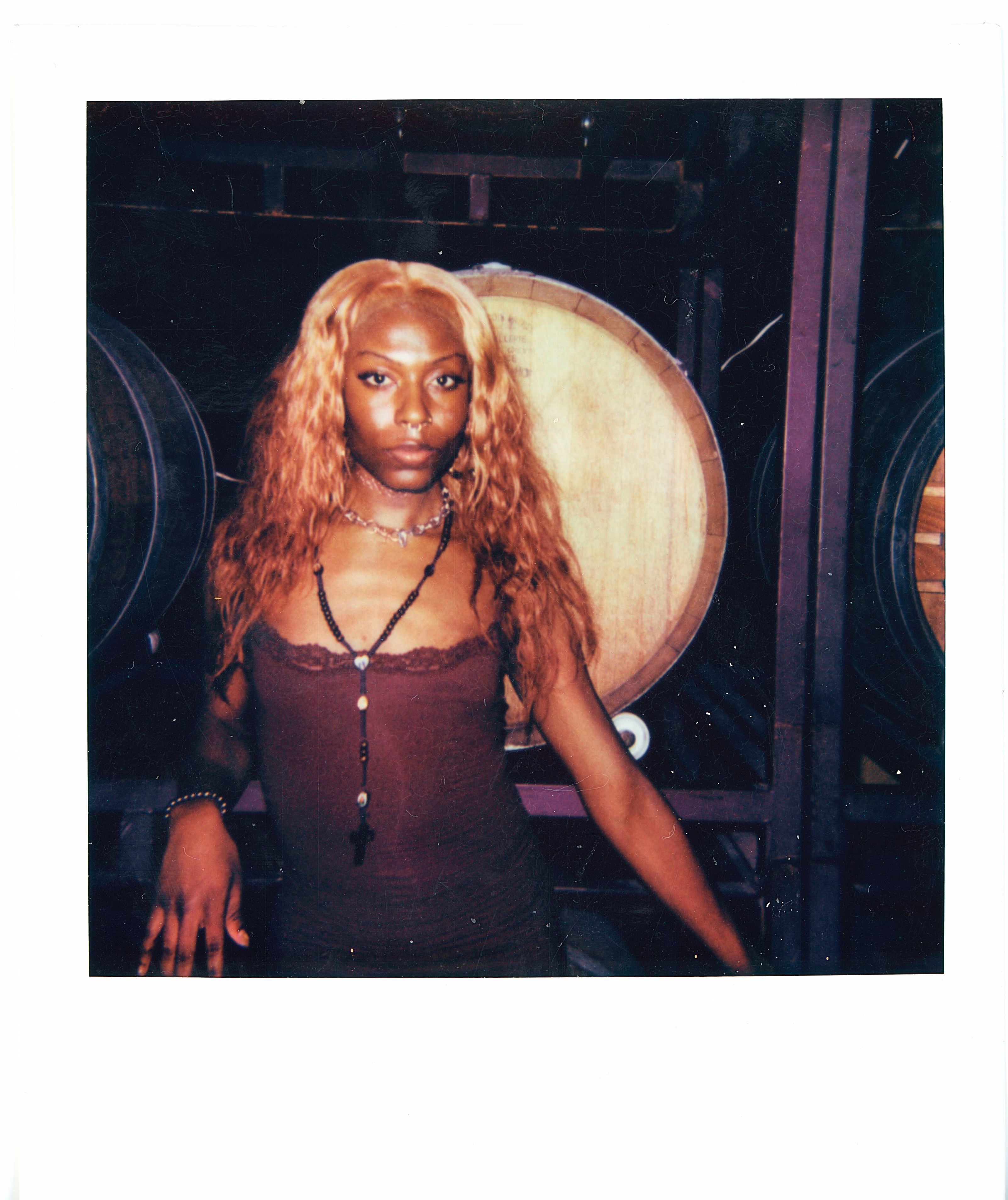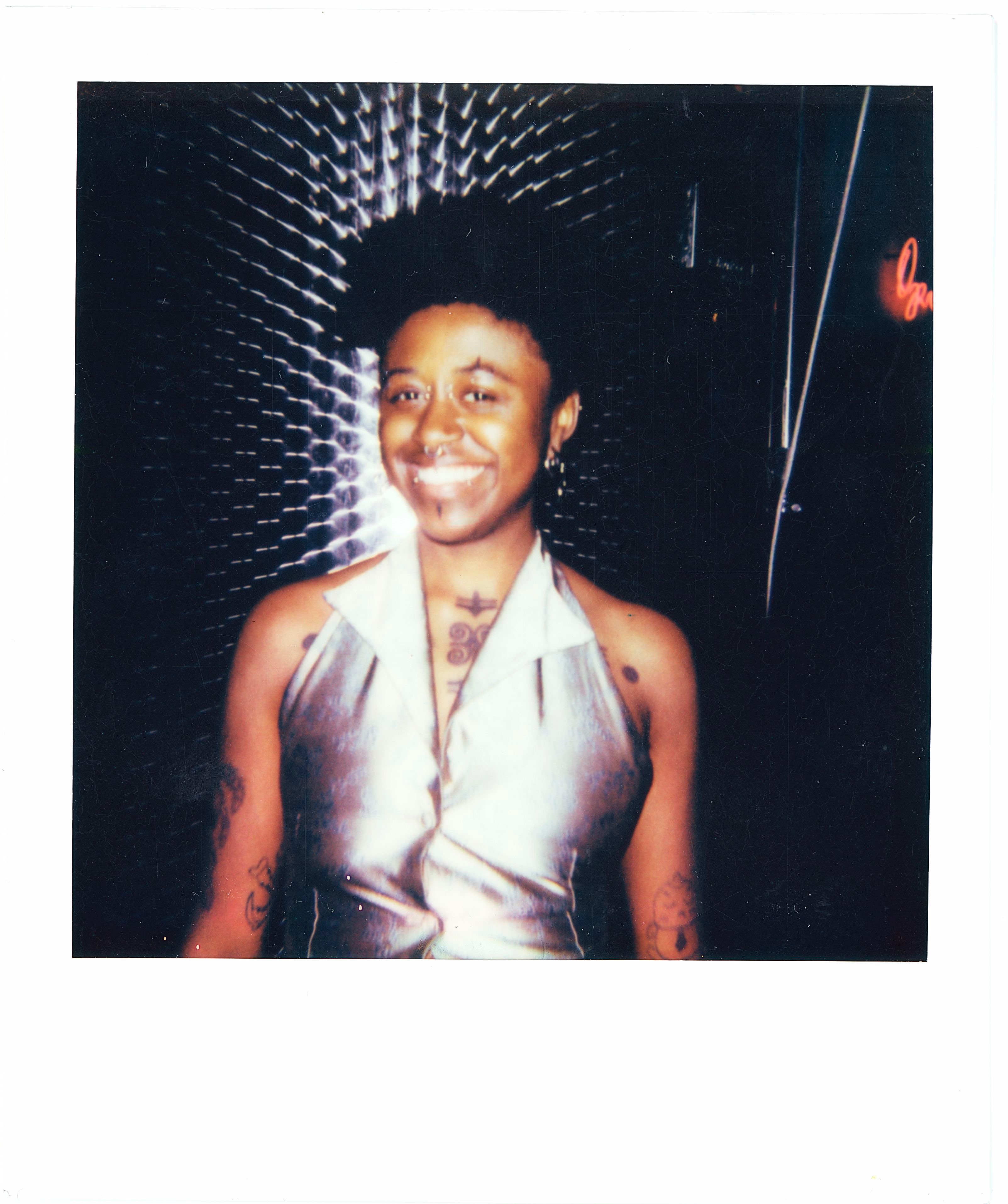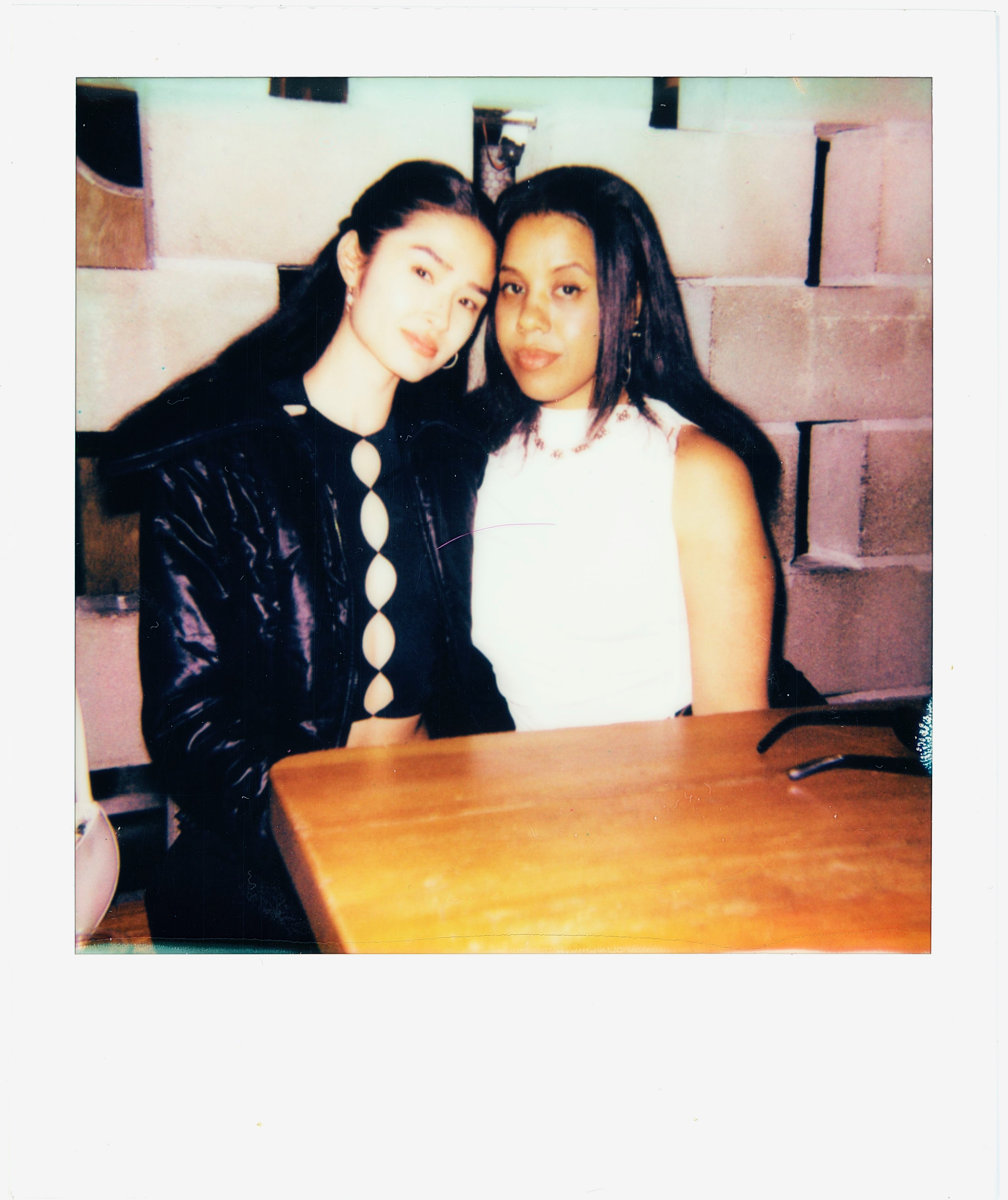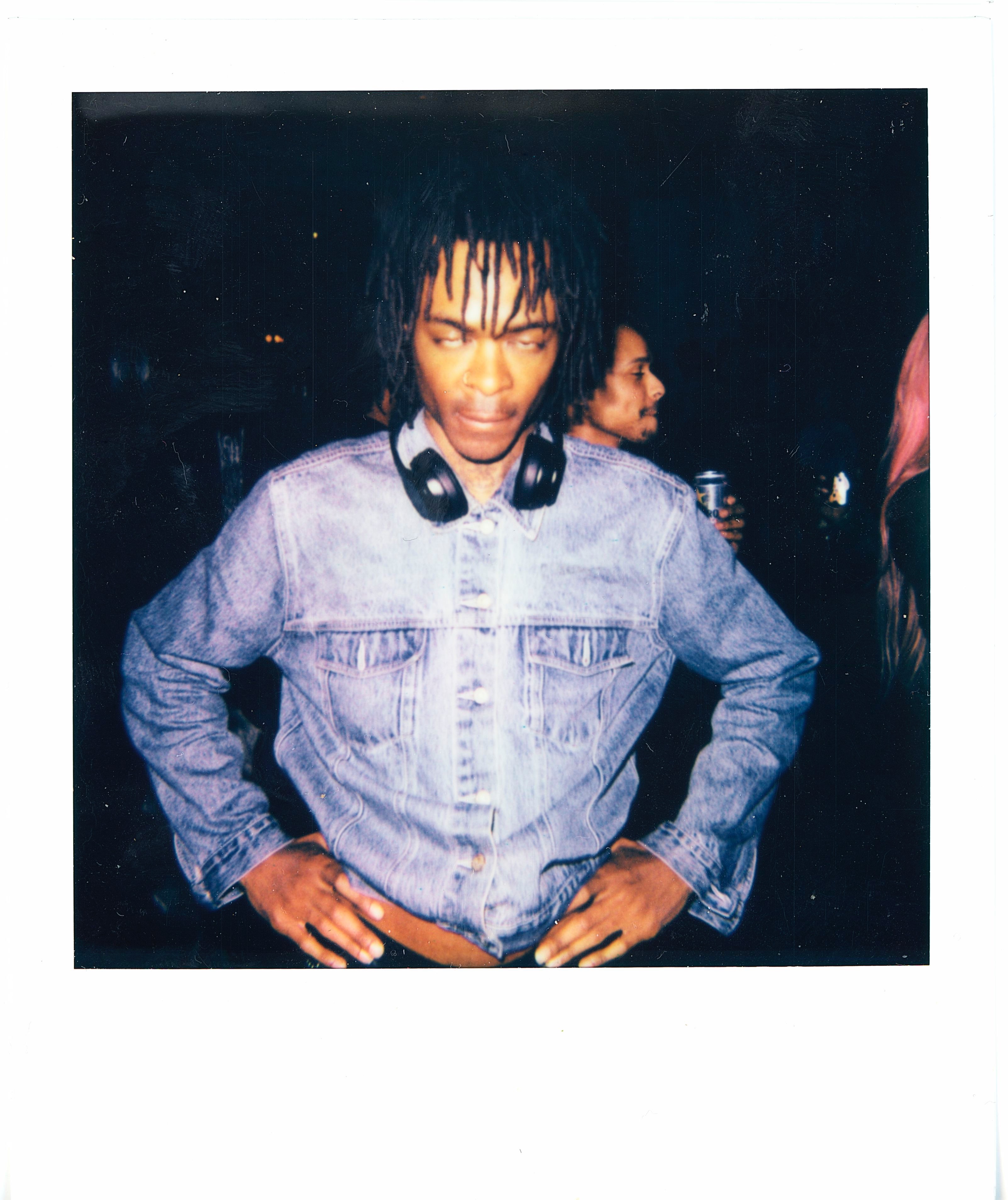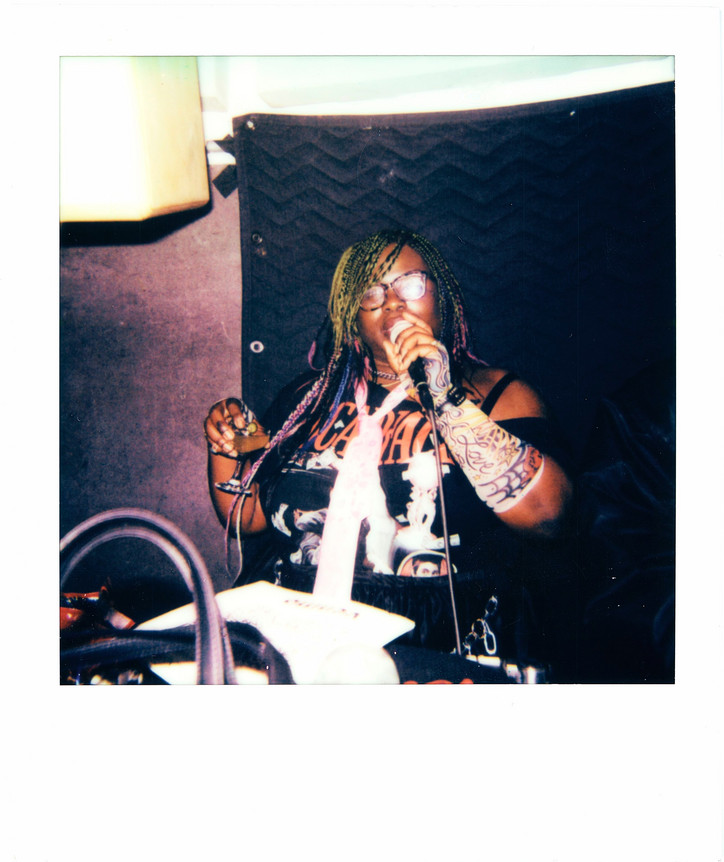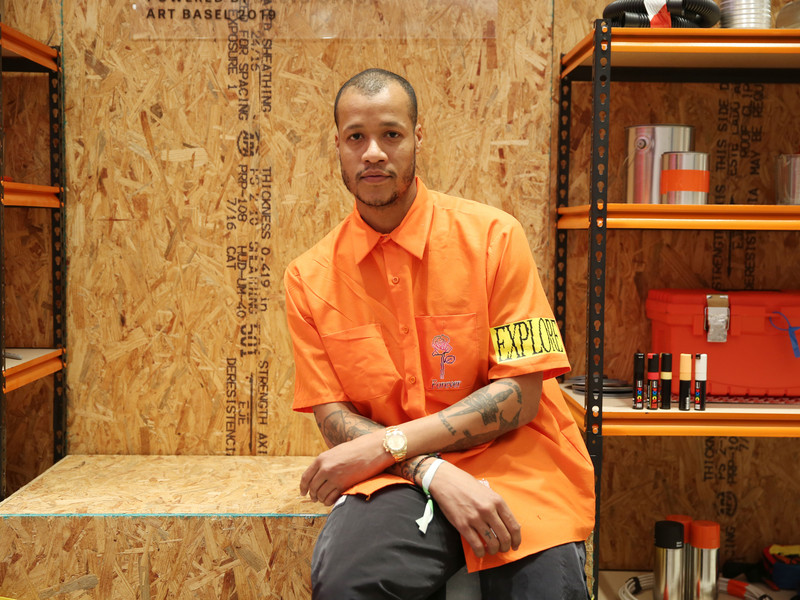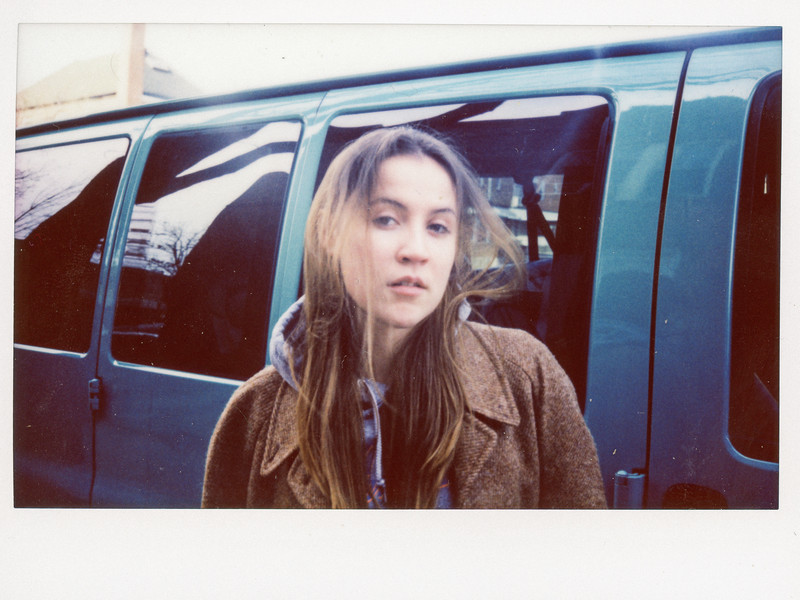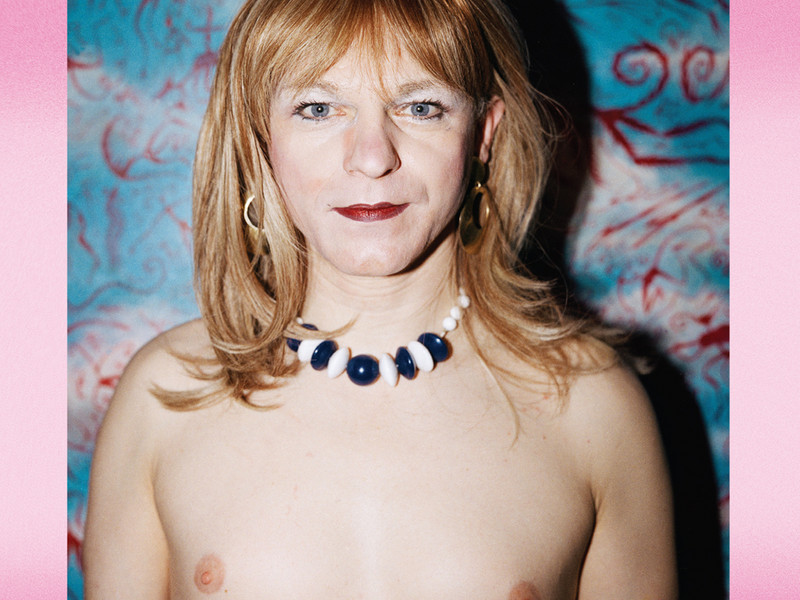Premiere: Zhe Zhe, "Semper Fidelity"
Newly fueled by a Kickstarter campaign, the show is in its second season and gloriously spiraling into new depths of absurdity as Mona and Jean claw their way to the top, blithely unaware of the evil plot lurking in the background.
office is pleased to premiere episode 4, entitled “Semper Fidelity,” and as part of the release, we asked the show’s co-creator, writer, producer, and co-star Leah Hennessey about the show, its influences, and where she hopes it will go next.
Can you start by telling me a bit about how the show was born and how you feel it’s developed since your first episode?
Ruby (McCollister, who plays Mona), Emily (Allan, who plays Chewie), and I had been in a theater group together, and we wanted to make a show that was draggy and vulgar and fun and trashy and easy. We enlisted our friend E.J. (O’Hara) to direct the show, thinking that, as an artist and not a film person, he would make it look cool and not slow us down with film production standards. I guess we didn’t really consider what a precise and ambitious artist he was, and the “easy” part of making Zhe Zhe pretty much stopped with the first episode. Every time we come up with something we want to do on the show I feel like it’s beyond our abilities. The musical episode (Season 1 Episode 6) nearly broke up the band, but somehow we always pull it off.
We used to be really militant about being alienating, using our grab bag of Brechtian tools to ensure that no one ever empathized with the characters, but we’ve kind of let that go. Culture has changed so radically since 2013 and we no longer think escapist, emotionally manipulative, cathartic, narrative fiction is the Big Bad. Now the world is more Zhe Zhe than we are. Post-Trump it's hard to have faith in absurdity as a tool of mental liberation.
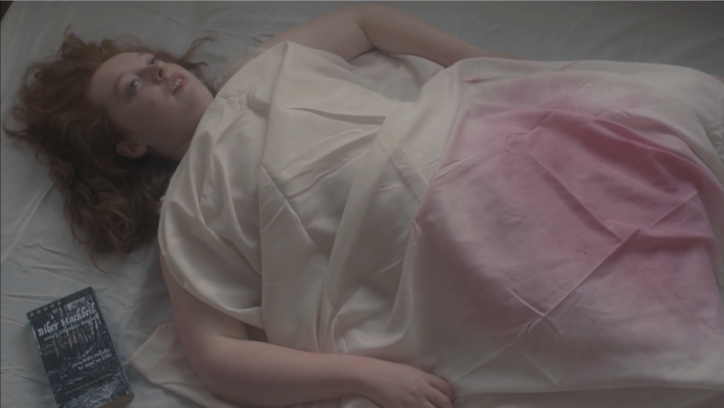
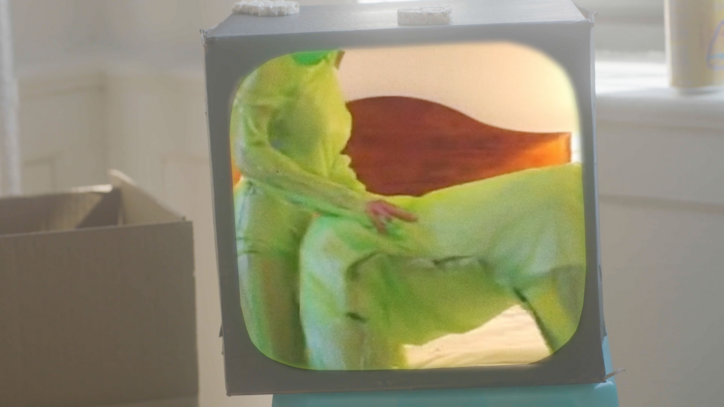
You’re obviously influenced by an enormous range of music when writing the episodes. What aspects of the music world are you reacting to and picking up on in Zhe Zhe, both in general and in this episode specifically?
I was always obsessed with relationships in bands. I love how the fabricated intimacy of pop groups seems inseparable from the devastatingly real stories of love and loss. Band stories are their own category of romance. We also love feminine or queer takes on the band story: Josie and the Pussycats, The Mighty Boosh, and Hedwig.
We're also heavily influenced by the ethos of Ze Records (even going so far as to calling our de facto record company Zhe Records). We love music that exists on the fringe of novelty song and soundtrack, and music that’s written for comedy. Especially when it's cool.
I love when parody songs transcend the reference, like the Chris Morris parody of Pulp on Brass Eye, "Blouse", (which in some ways does Pulp better than Pulp). There’s a freedom in making “funny music” that’s still thrilling and daring to me in a way that feels, for lack of a better word, punk. Some of the music I'm most inspired by right now feels new because of how it navigates irony, like Chicken, or Zhe Zhe stars Young God and Toasty.
I always wanted to be in a band. I also wanted to make music. It took me a while (and a few bands) to realize that those were separate desires. Zhe Zhe is not only the story of a band, it also is the band in my life. The five/six of us are the Behind the Music: Fleetwood Mac I was looking for, and sometimes we even make music together.
What is your own musical background like?
Zhe Zhe has been an exorcism for all of us; all the demons we started with have been vanquished or accepted. I think I’ve been able to let go of my band fetish and now I can actually start focusing on my own music. Recently as a songwriter I’ve been trying to bridge the gap between the highly developed camp part of my brain the more vulnerable part that can communicate strong feelings. I think great songwriters don't have that gap. I've been listening to a lot of Lucinda Williams, Momus and Cardi B.
Zhe Zhe is also chock-full of references (both subtle and non-subtle) to shows and movies spanning from the ‘20s to the present. How do you find ways to work these into a sort of collage that’s both surreal but also drawing very potently from our concrete reality?
A lot of our primary inspirations and references are pretty old and/or esoteric but we’re using these quotes and images to talk about contemporary issues and feelings. We love Derek Jarman and Ken Russell and John Waters but we’re not trying to make a show that feels like it’s from the 1970s, we want it to be on the bleeding edge. It’s not important that people get all or any of the references on the show, we’re just using them like colors.
I remember as a kid watching The Simpsons, I loved the feeling that there was a parody at work which I didn’t understand, like in the episode where Homer goes to The Island from “The Prisoner.” I had never seen “The Prisoner” and I didn’t feel like I was expected to get the reference, but there was an eerie and clever aura that I found exciting. I love the Simpsons episode when Homer goes to the 3D world because it had that same feeling. Maybe that was a reference I still don’t get.
It’s impossible for me to write about life without writing about culture. Pop culture is the religion of Zhe Zhe, it makes meaning and purpose out of chaos and nausea.
I have to ask about the show’s costumes. Who comes up with them? How do you find them? What factors might go into the outfits for a given scene?
Arabella Aldrich is our official costume designer. She also plays bisected silent film legend Patty Frome in “Back From the Dead” and Jean’s mysterious one night stand in “Five High School Paintings.” She comes up with and crafts most of the more elaborate gowns and sculptural pieces, and she styles a lot of the more casual outfits from her own magnificent wardrobe. Sometimes we want the costumes to be exact references to films, (like some of Jean’s “High Fidelity” looks in this episode) but sometimes we just want them to be ridiculous and disruptive (like Mona’s fur coat and cowboy hat look in the hospital). In the first season Ruby made a lot of the costumes, but now she pretty much only makes clothes for her clothing line, Sofia Paris (which will show its next collection this September).
You guys started a Kickstarter to raise money for season 2. Which aspects of the show did most of the money go towards? What do you feel are the biggest differences between this season and the first?
We purchased a few basic things like microphones and hard drives but I think we’ve spent most of the budget on cabs and wigs. We didn’t raise enough money to pay anyone for anything, so we still rely on the endless kindness of our friends.
Do you have any aspirations to get the show onto a different platform, or do you like the format of the web series? What do you feel are the pros and cons of producing it this way?
We started making Zhe Zhe in 2013, when the internet still felt like a place to be freaky. We naively thought we could use YouTube like public access TV in the 80s or something and that we could make a show about our community and our community would be able to watch it. We didn’t realize that without corporate support the algorithms would bury us. People always ask us whether we’re trying to get “picked up” and the answer is that we aren’t actively pursuing any platforms, but we would be willing to listen to a great offer!
We’re such a small operation. If we had money/support we wouldn’t have to do every tiny detail of the production ourselves, which would free us up to make more episodes more quickly. That would be fun, but it might not be as special. I would like more people to watch Zhe Zhe and I no longer think YouTube is the right place for people to see it. I like showing episodes at galleries, or theaters, and on intelligently curated websites like office.
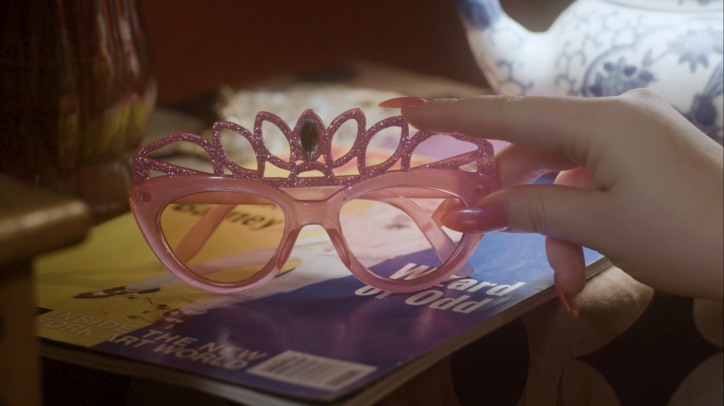
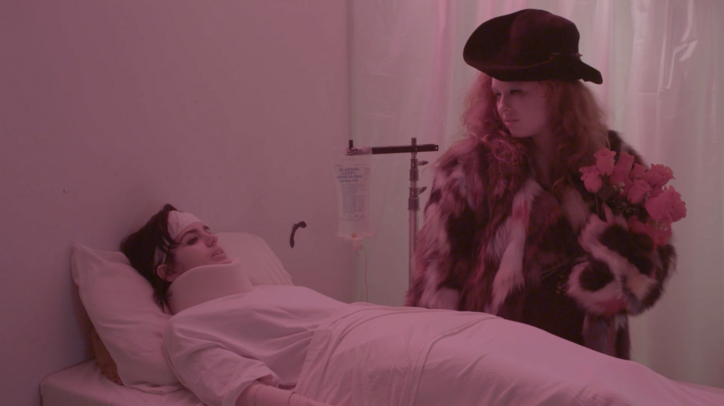
Tell me a bit about this episode. So far this season, we’ve mostly seen a number of episodes that can essentially stand on their own while also dropping little hints of this developing conspiracy plot. This time, we’ve got Jean opening a record store and Mona going to college. What went into the writing process for this one in particular, and how does it fit within the grander scheme of the season?
This is, definitely, all part of a bigger conspiracy. This episode is something of a stand-alone but it also features some elements of the unfolding conspiracy (some more explicit than others). I don’t remember who came up with the idea of Mona going to college, it wasn’t me, but I know I always wanted to do at least one High Fidelity scene. When I wrote the episode I didn’t really think much about what connected the two plots, other than liberal arts college being as much of a financial sinkhole as opening a record store, but when I started acting out the John Cusack parts I had some disturbing revelations. I think this episode is our own kind of exploration of “toxic masculinity.” When I was a tween I completely idolized Rob Gordon/Rob Flemming and even though I thought he was “an asshole” I still loved him and wanted to be him/date him. Rewatching the movie and inhabiting that character I finally understood what a miserable butt monkey Rob is, and I can’t believe that I dated him/was him.
And finally: any hints for the rest of Season 2? Or plans for a potential Season 3?
The next episode is very much a Now For Something Completely Different. All I can say is that Chewie fans are going to be very happy. By the end of the season (there will be six episodes in total), many of the questions about the aliens, about the death of Pat Phone, about who’s pulling the strings….will be answered. We will not David Lynch our fans.
Also in September Emily Allan and I will be debuting a play we wrote called "SLASH" at MX Gallery. It's not our Zhe Zhe characters but it deals with a lot of the same themes. There's a lot of cosplaying homoerotic pairings of bandmates so I guess what I said earlier about being over my band relationship fetish is a lie.

